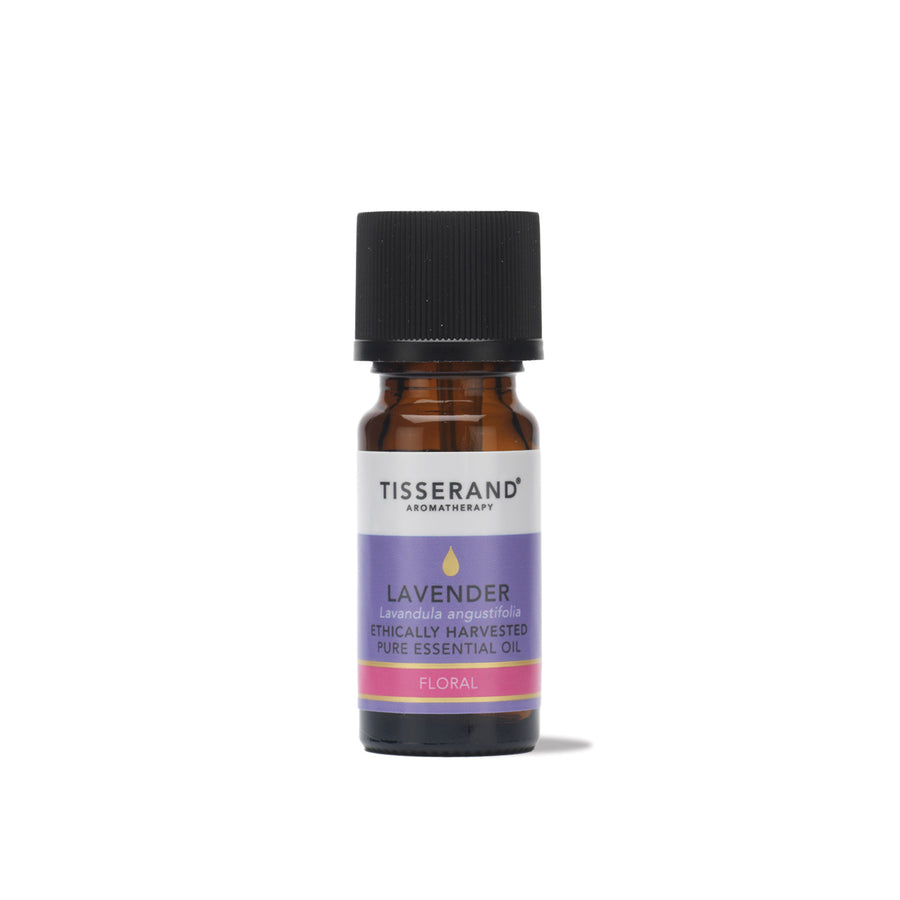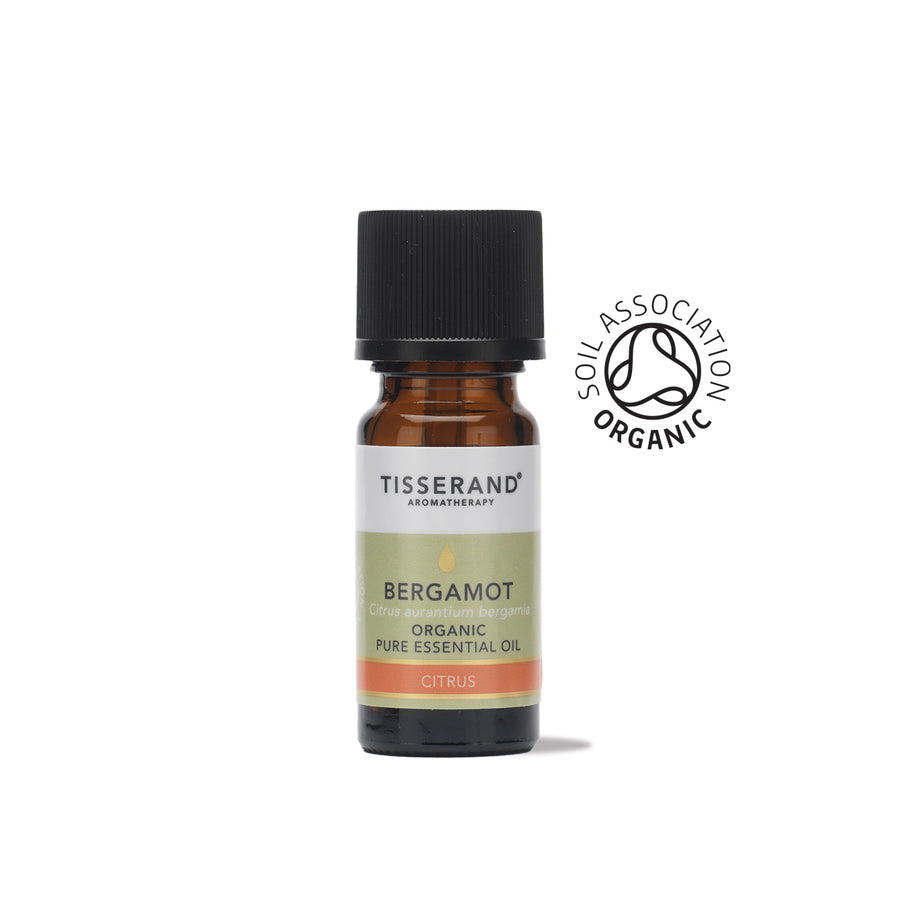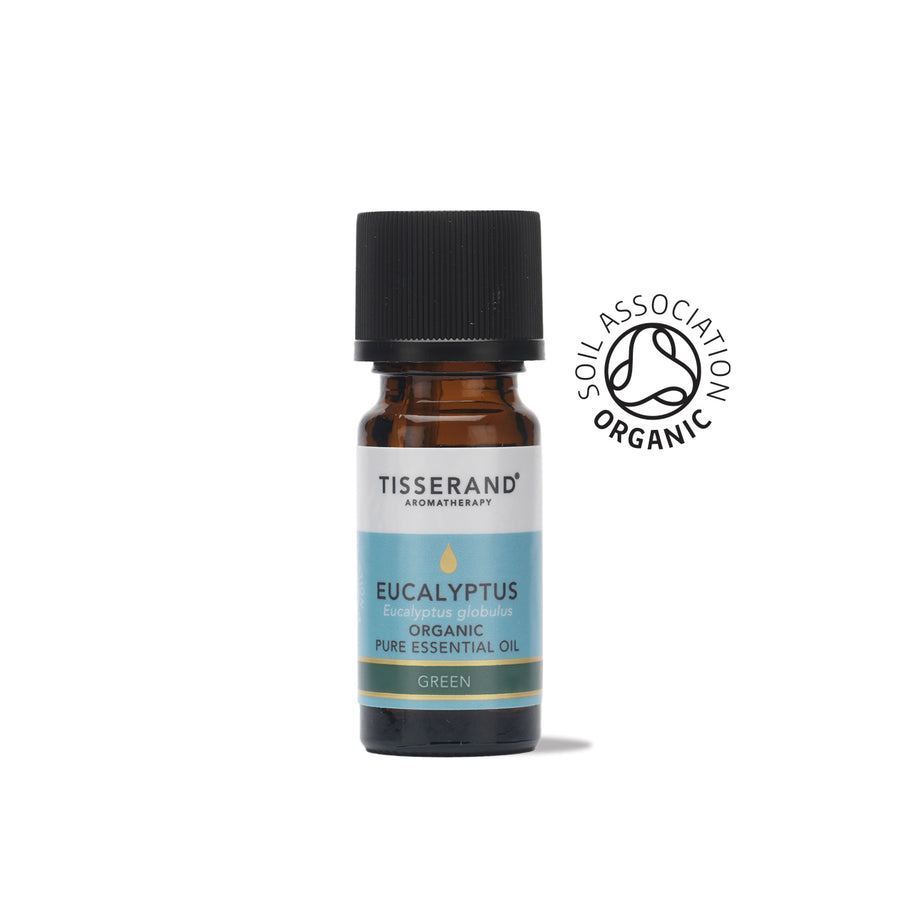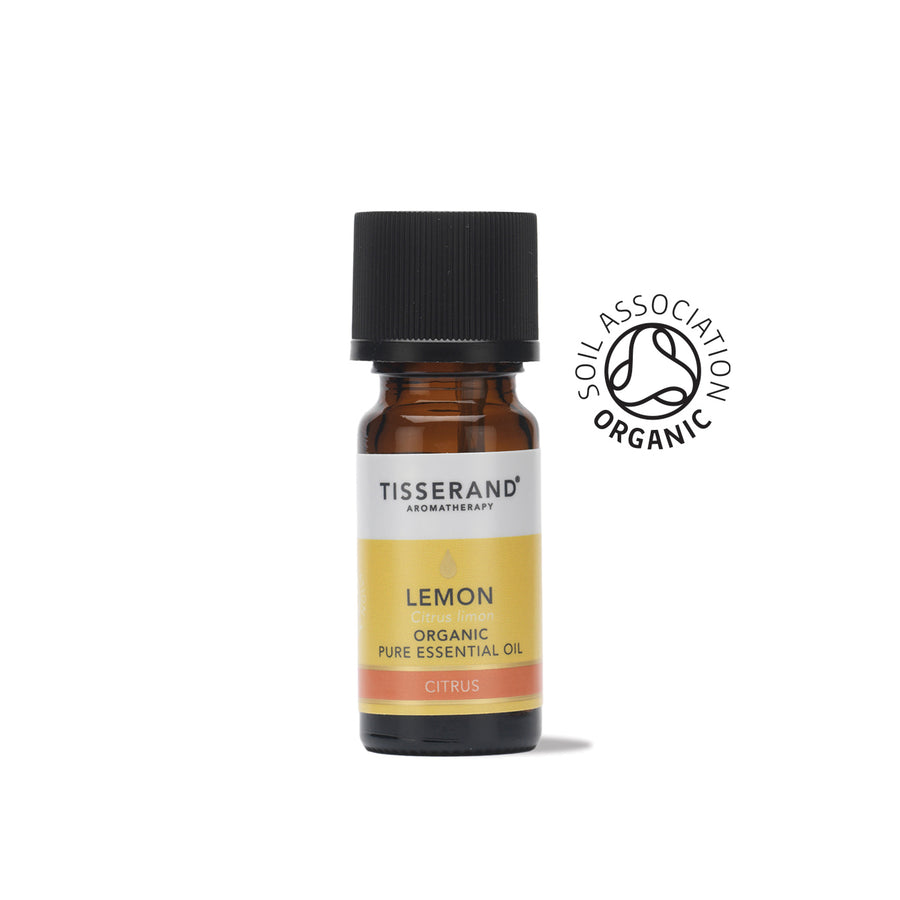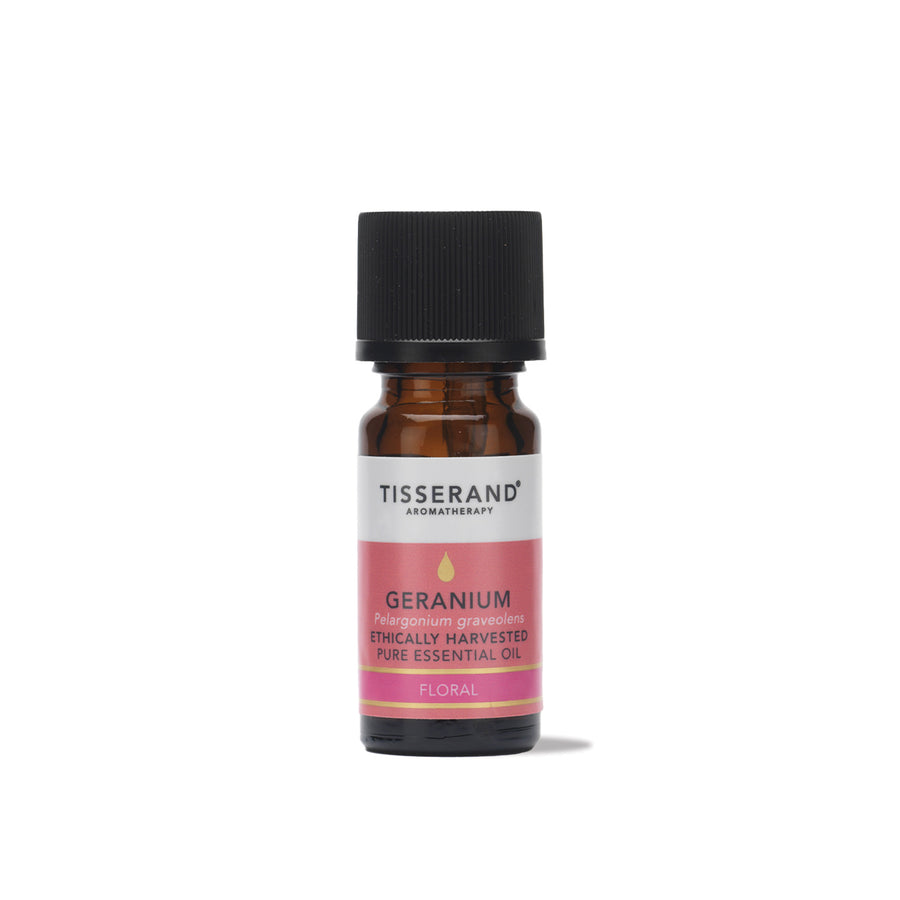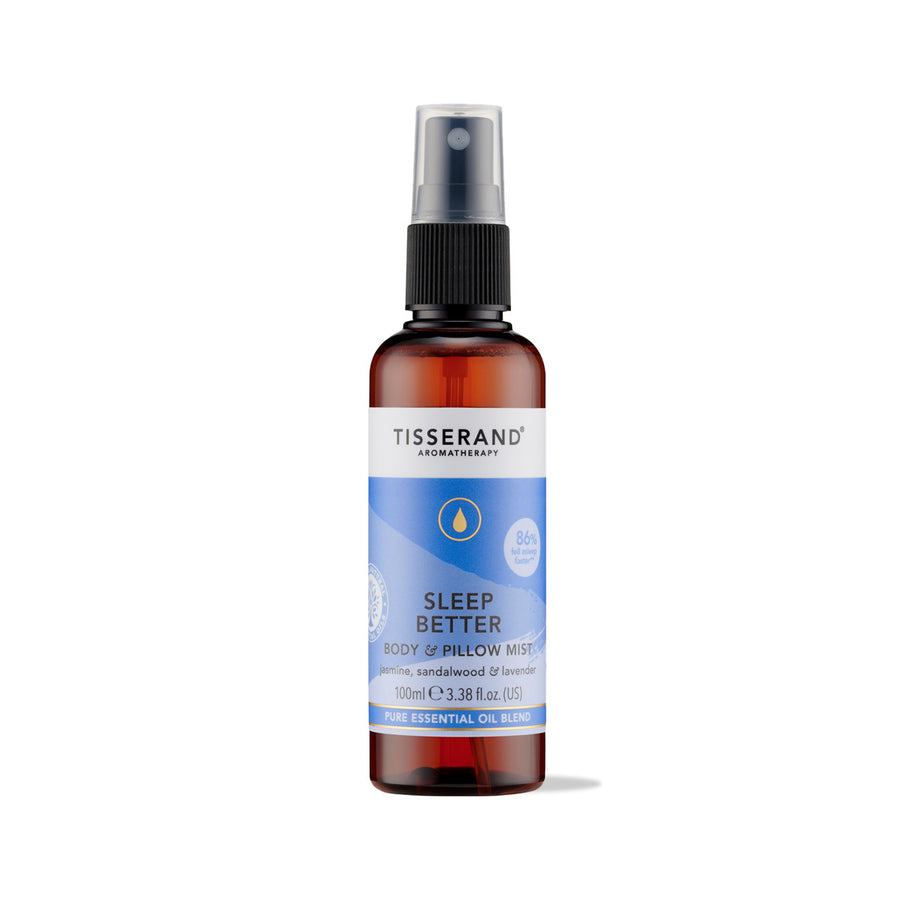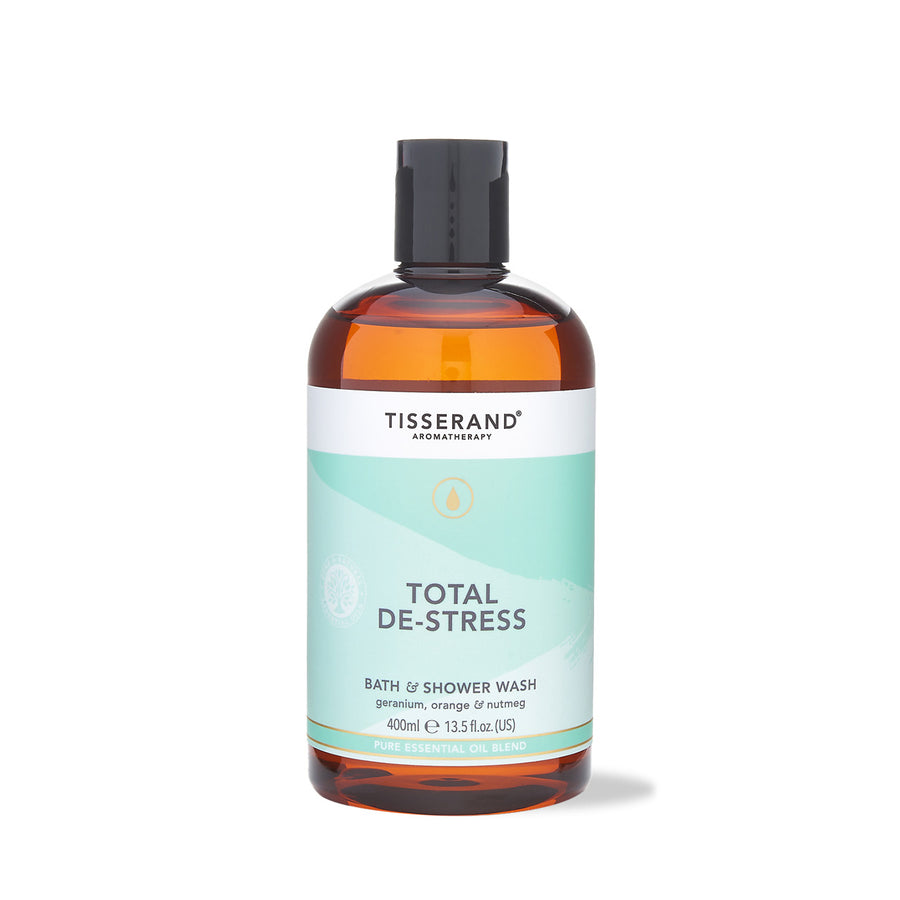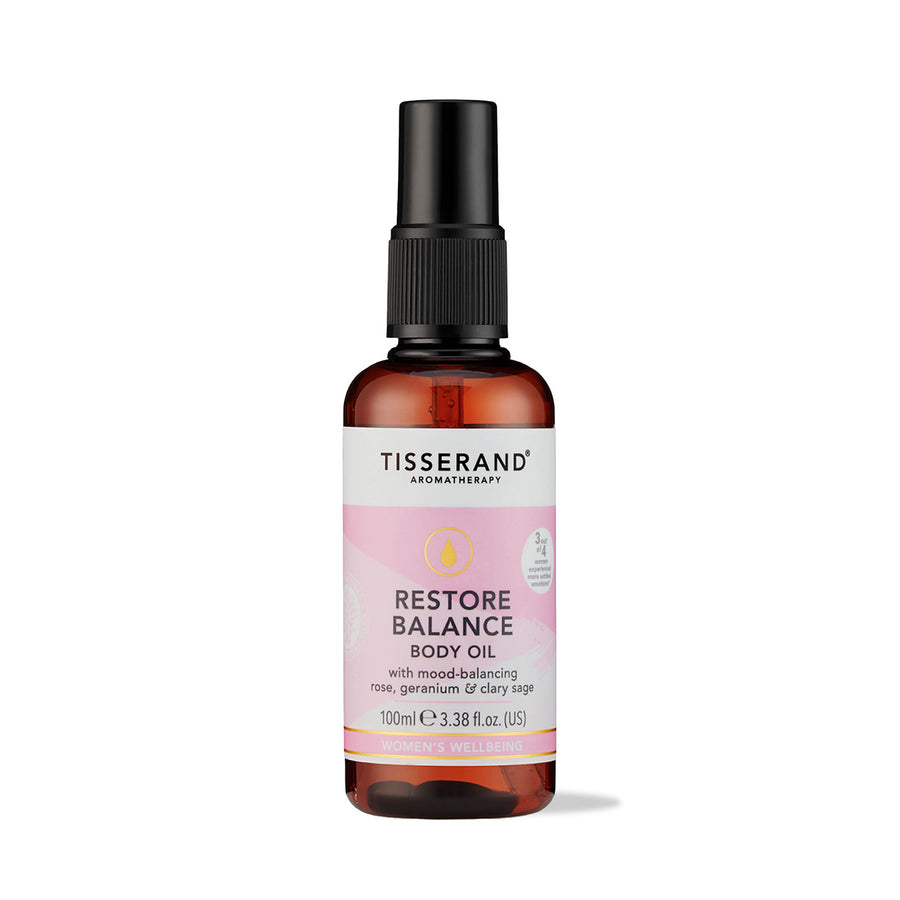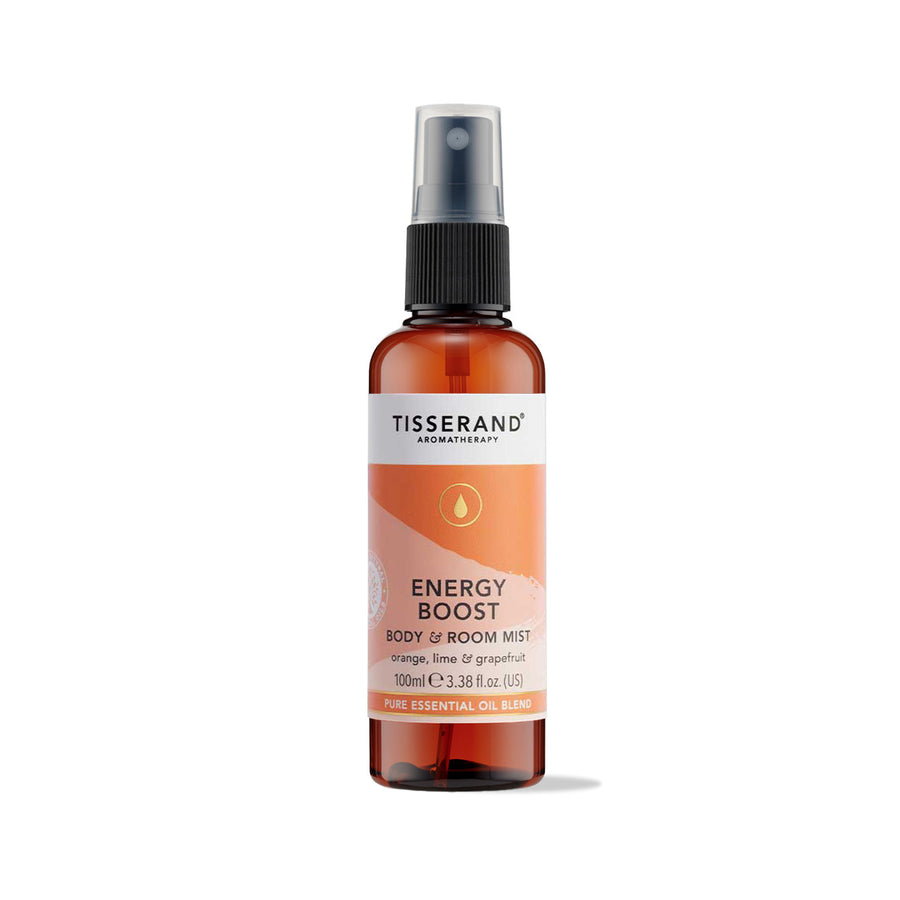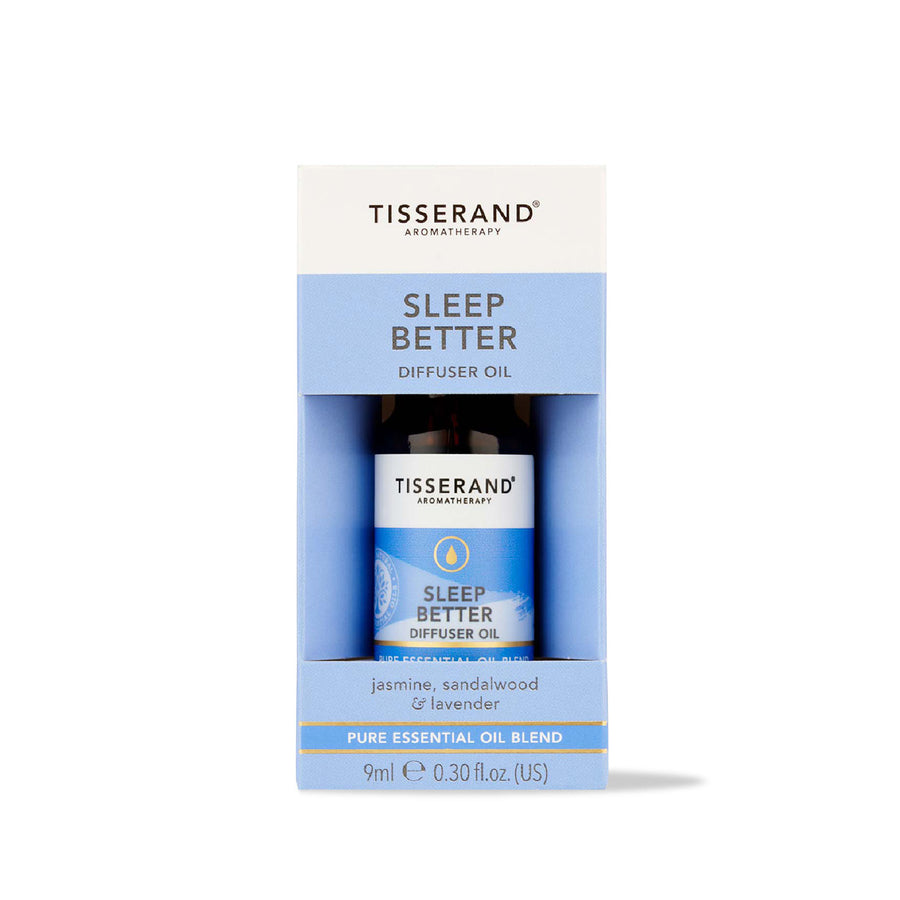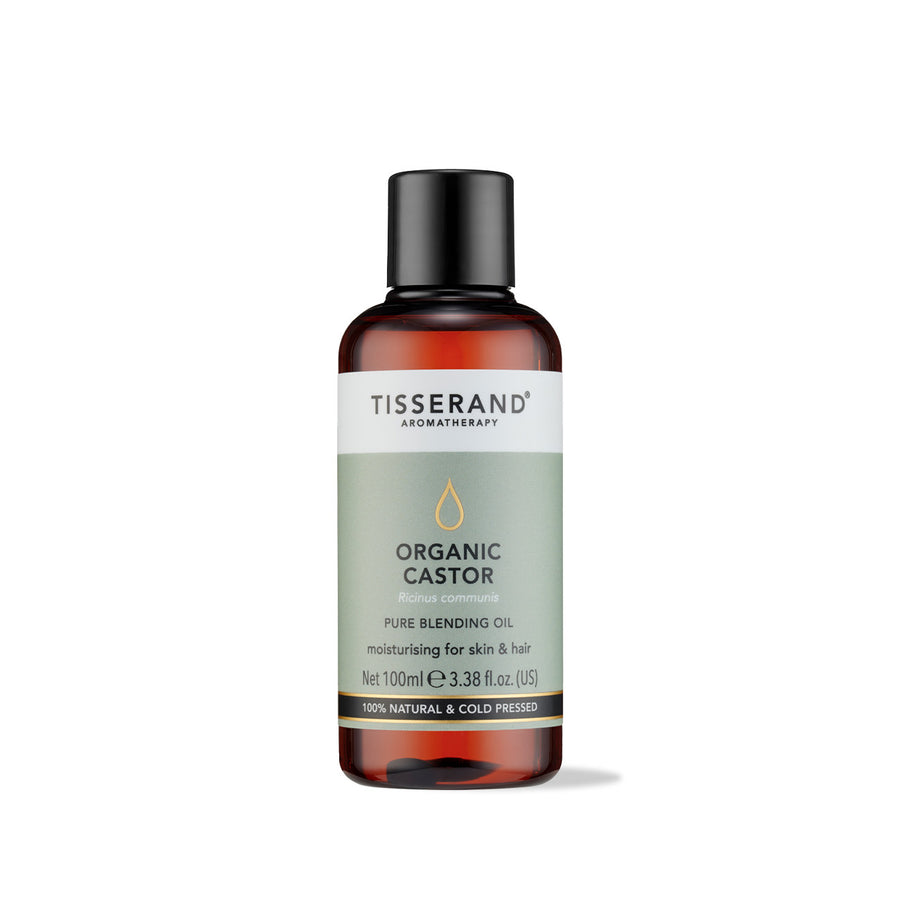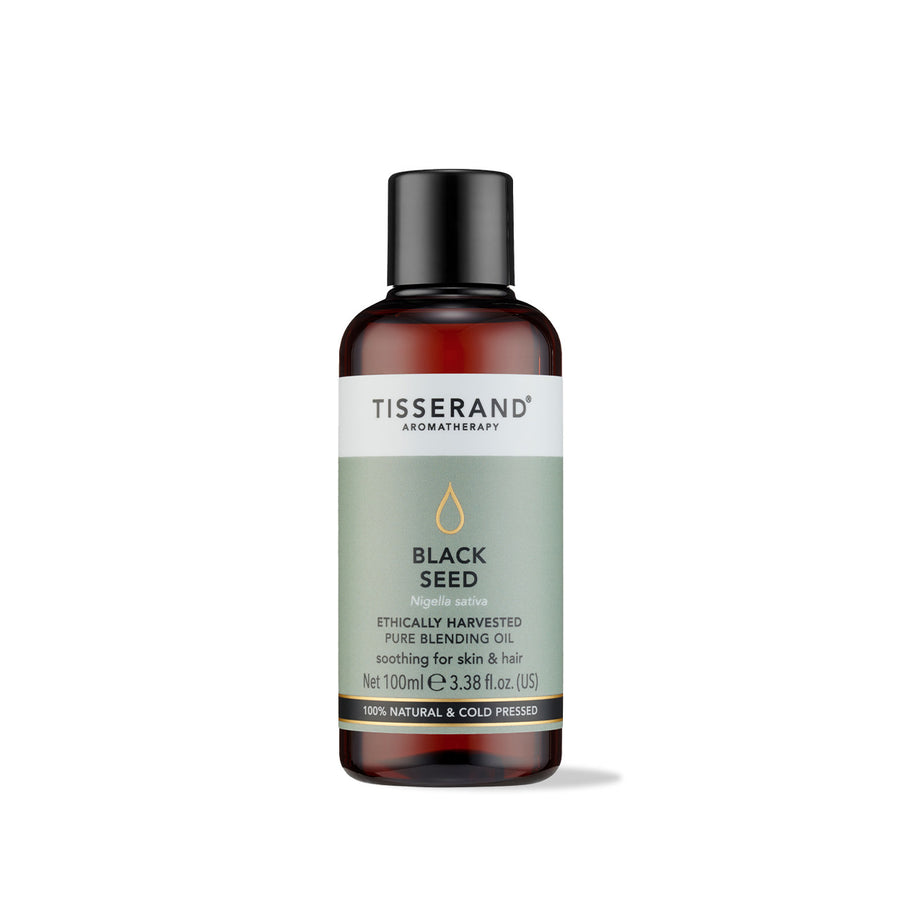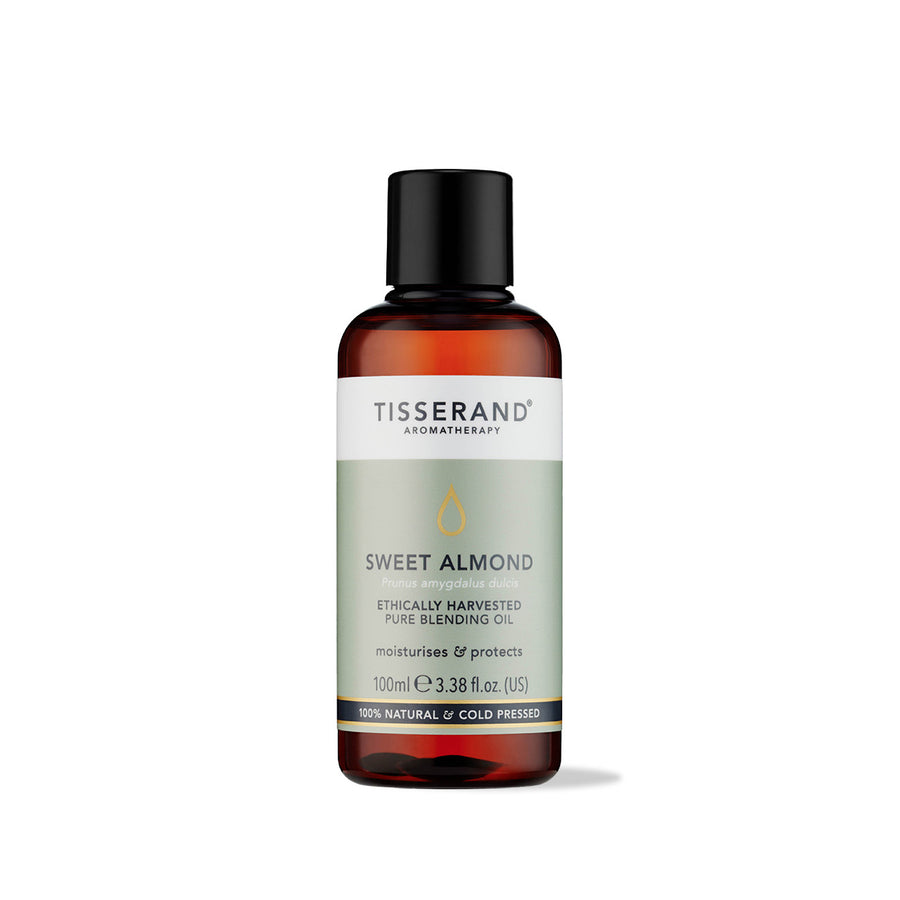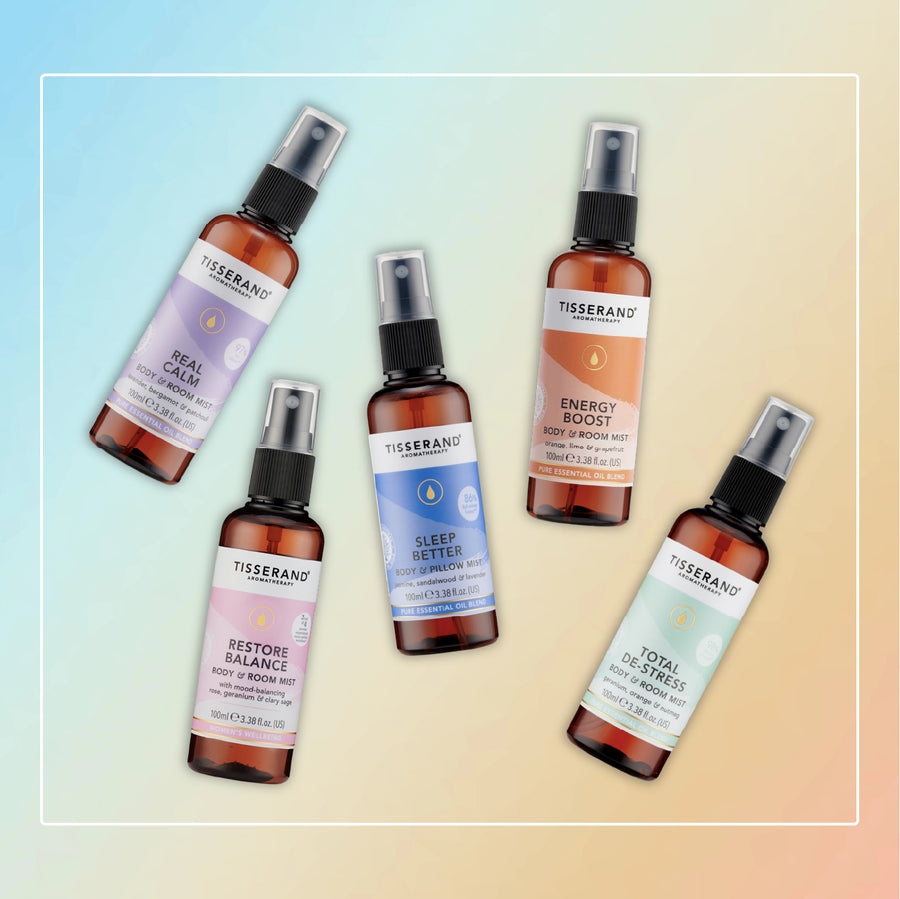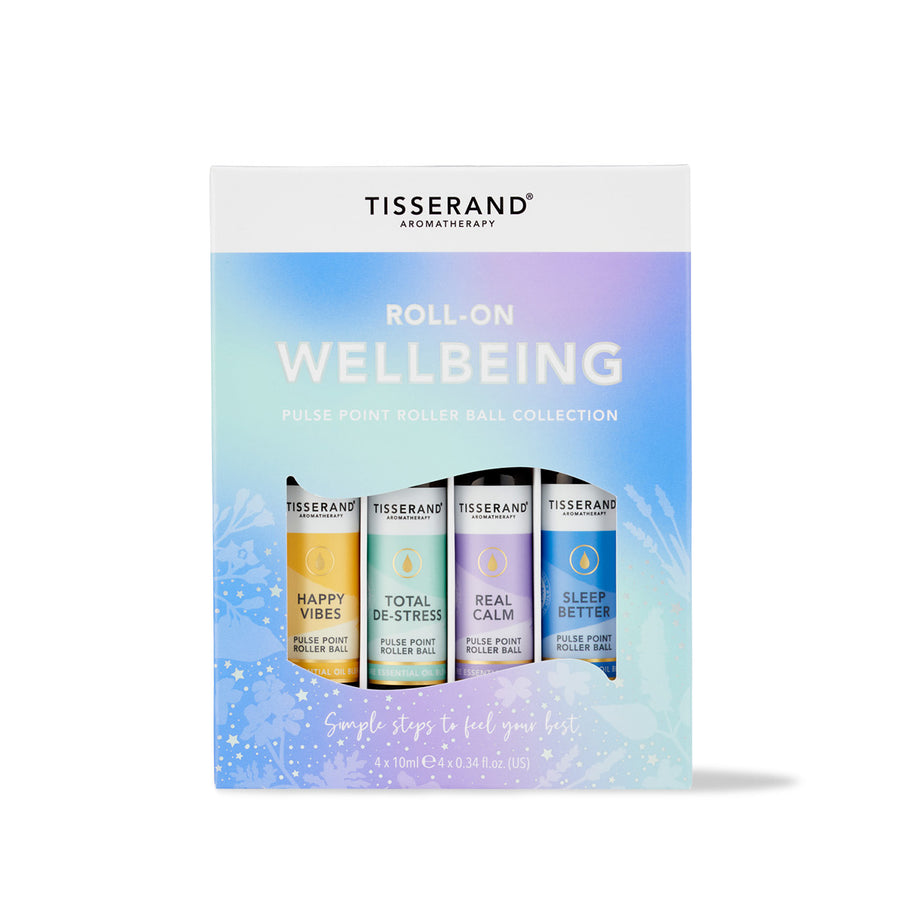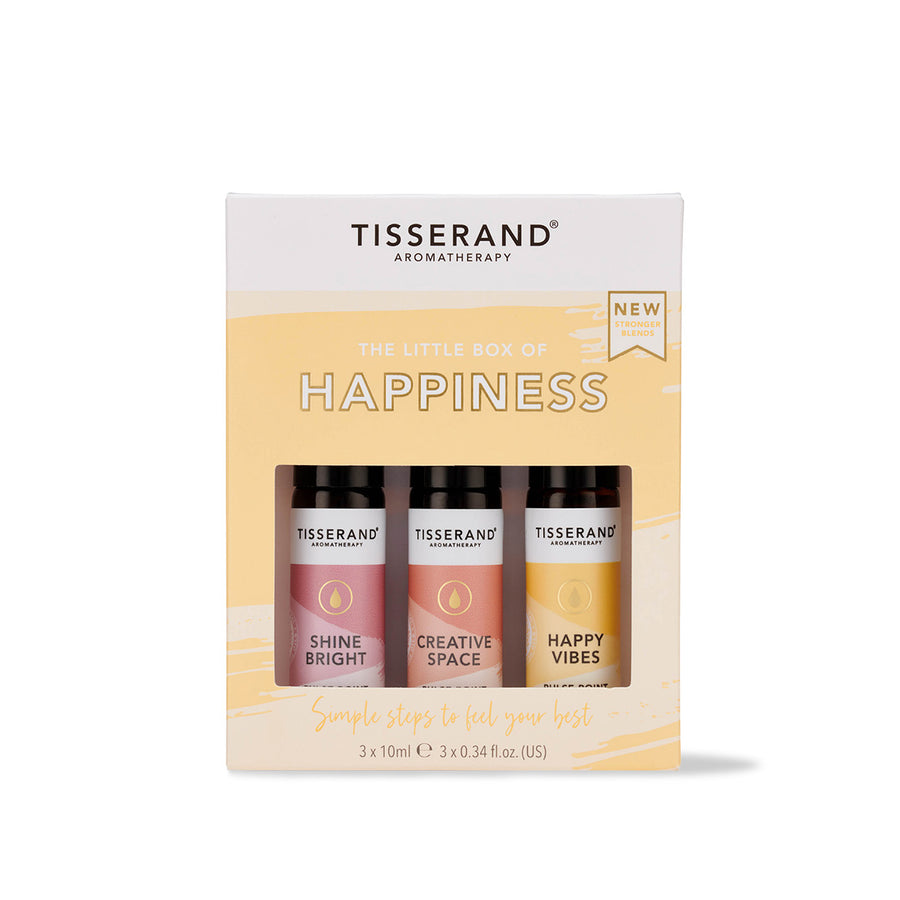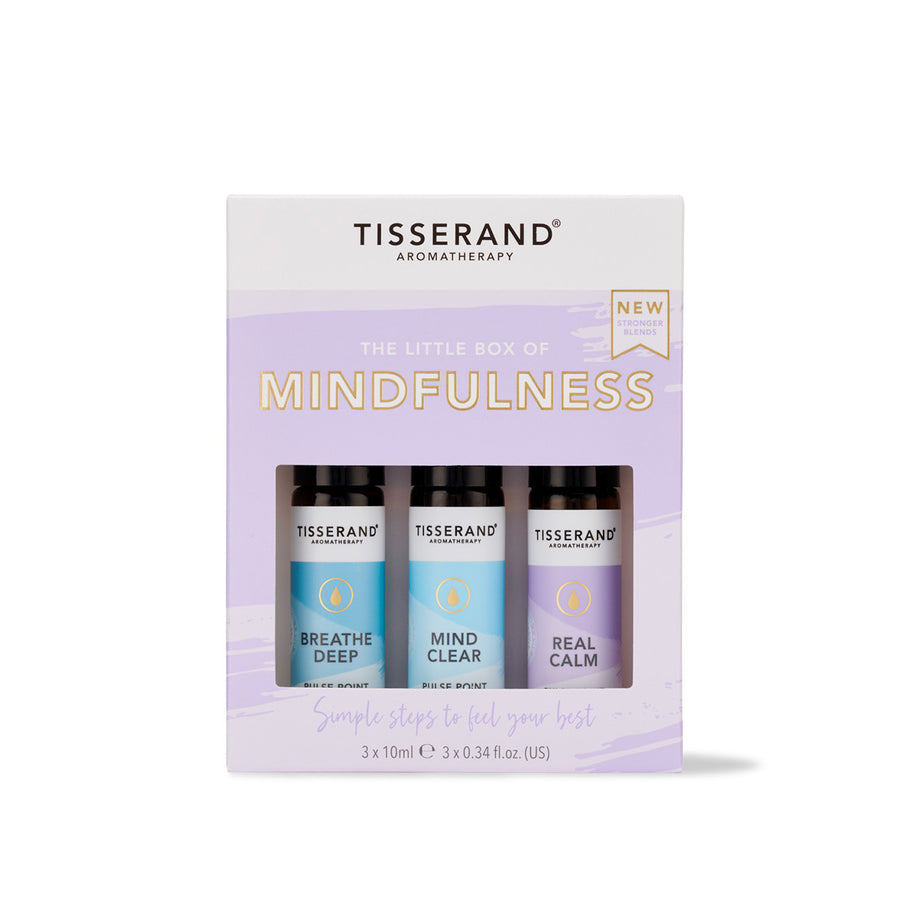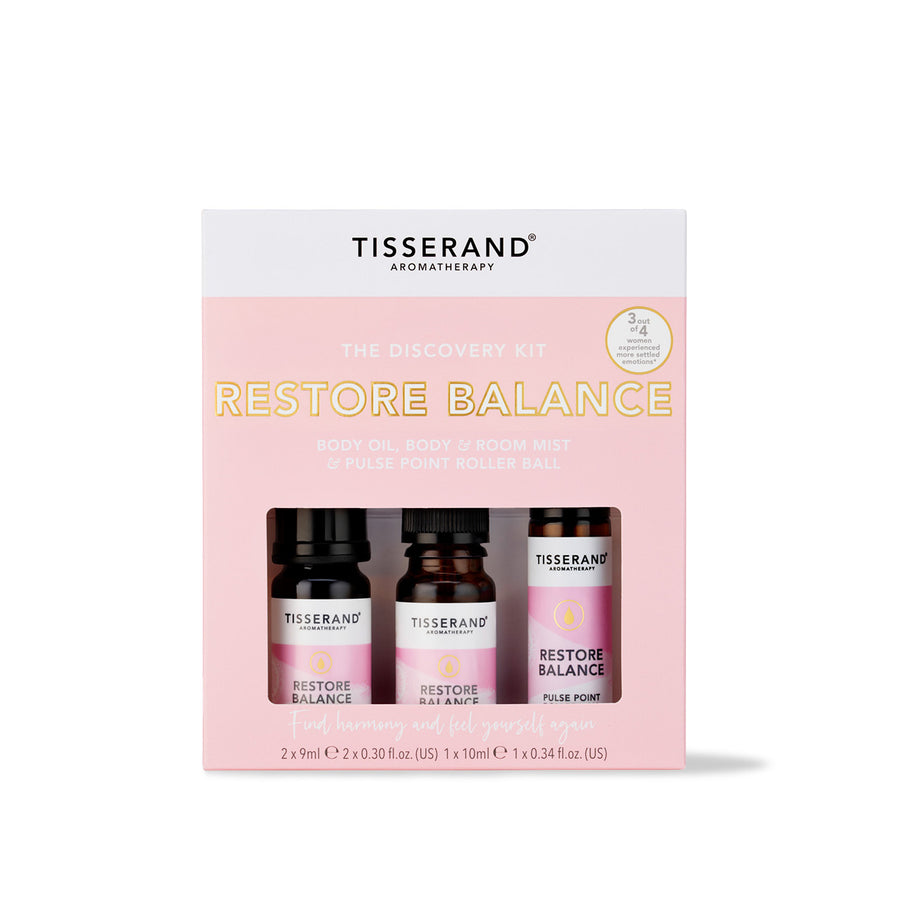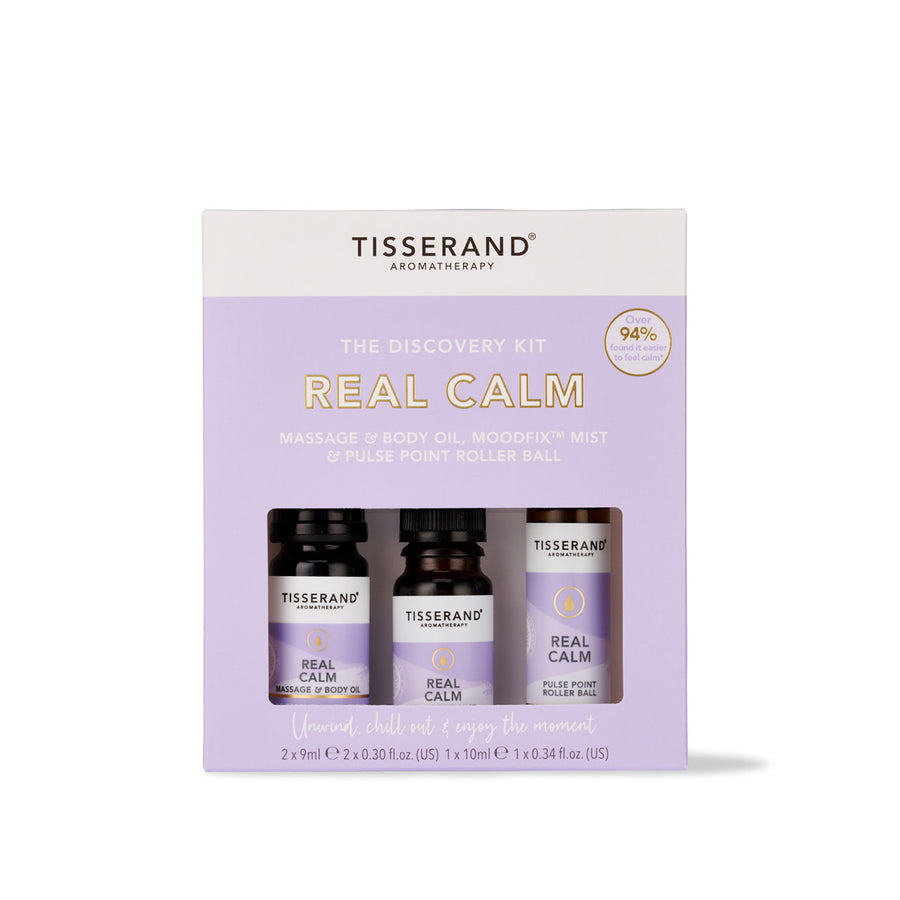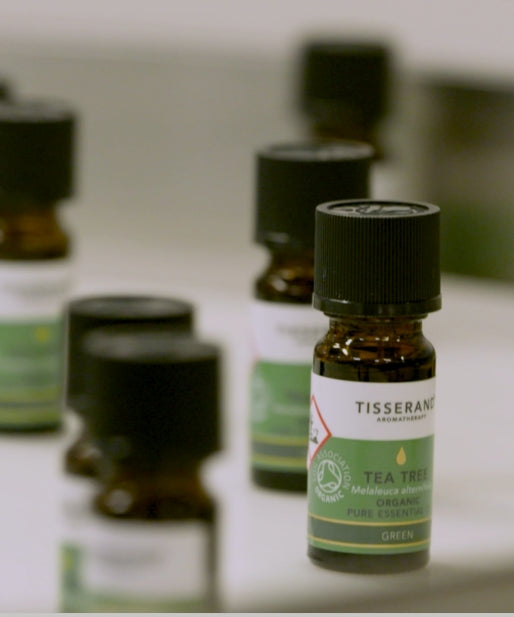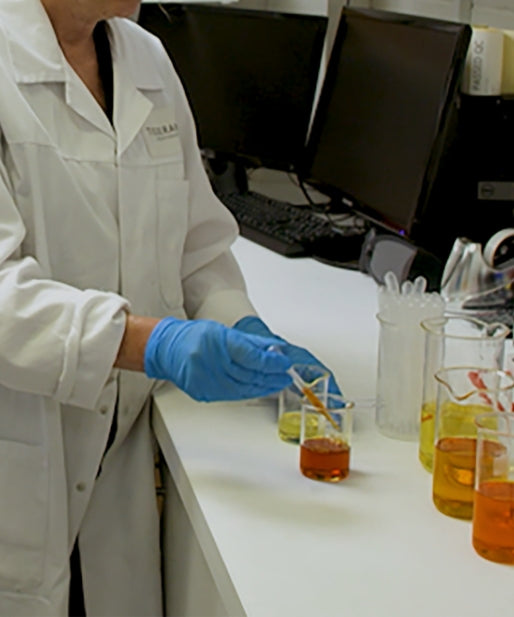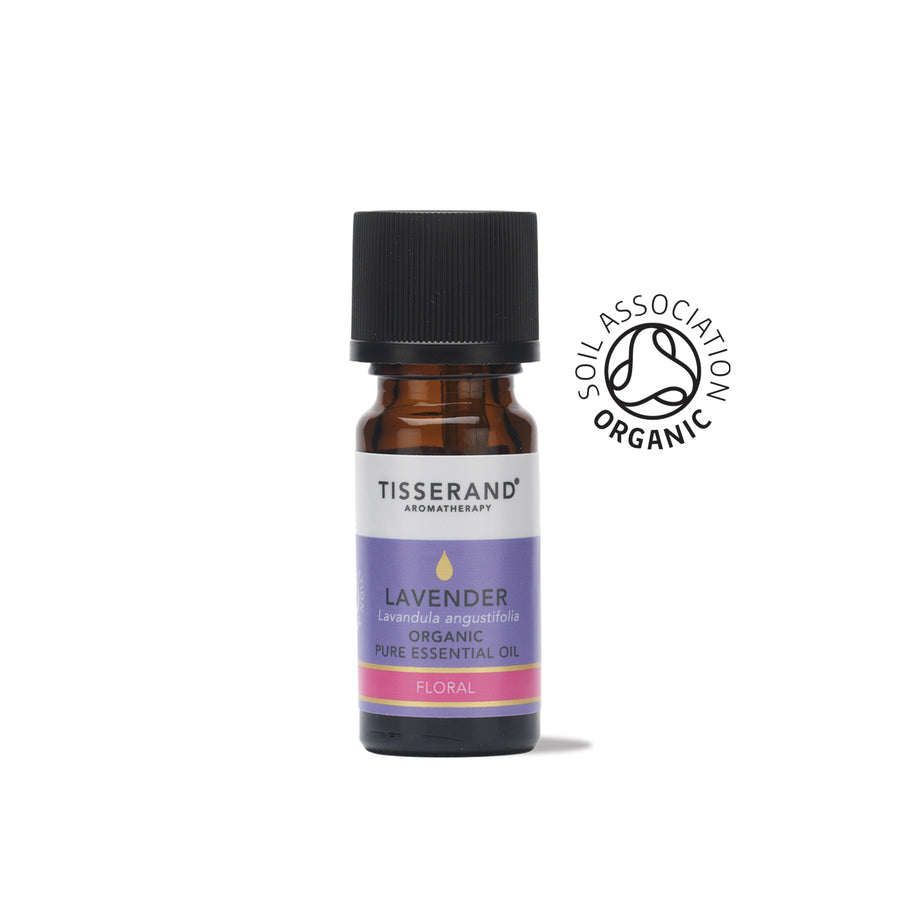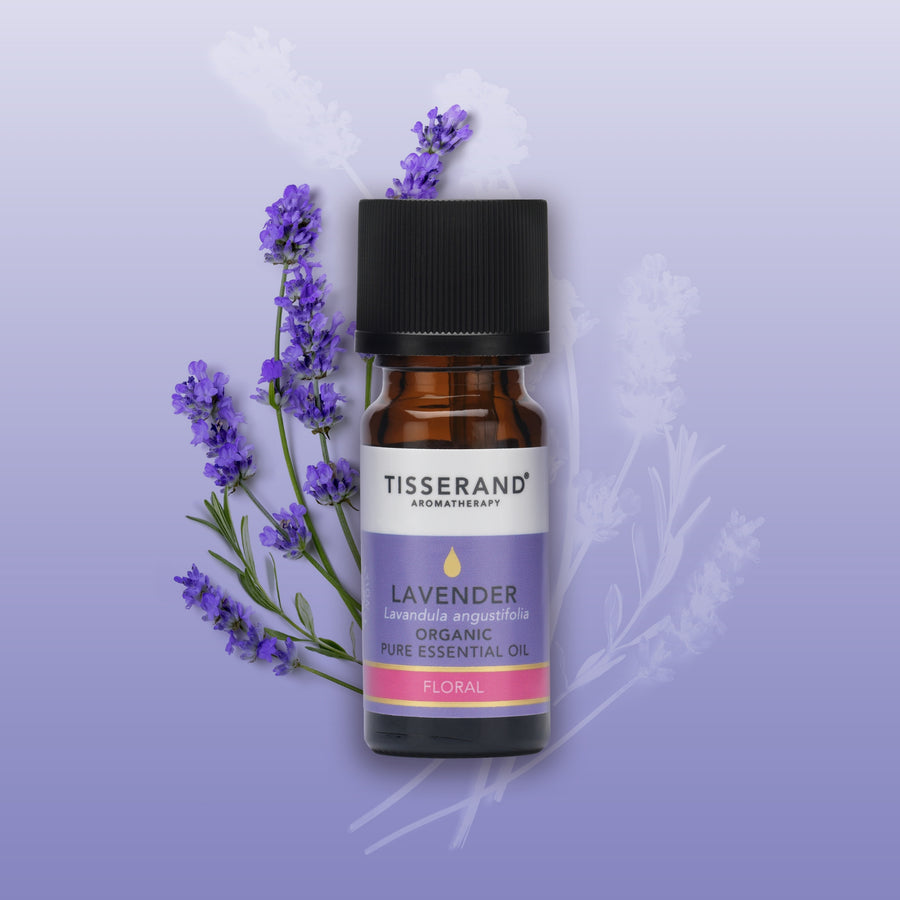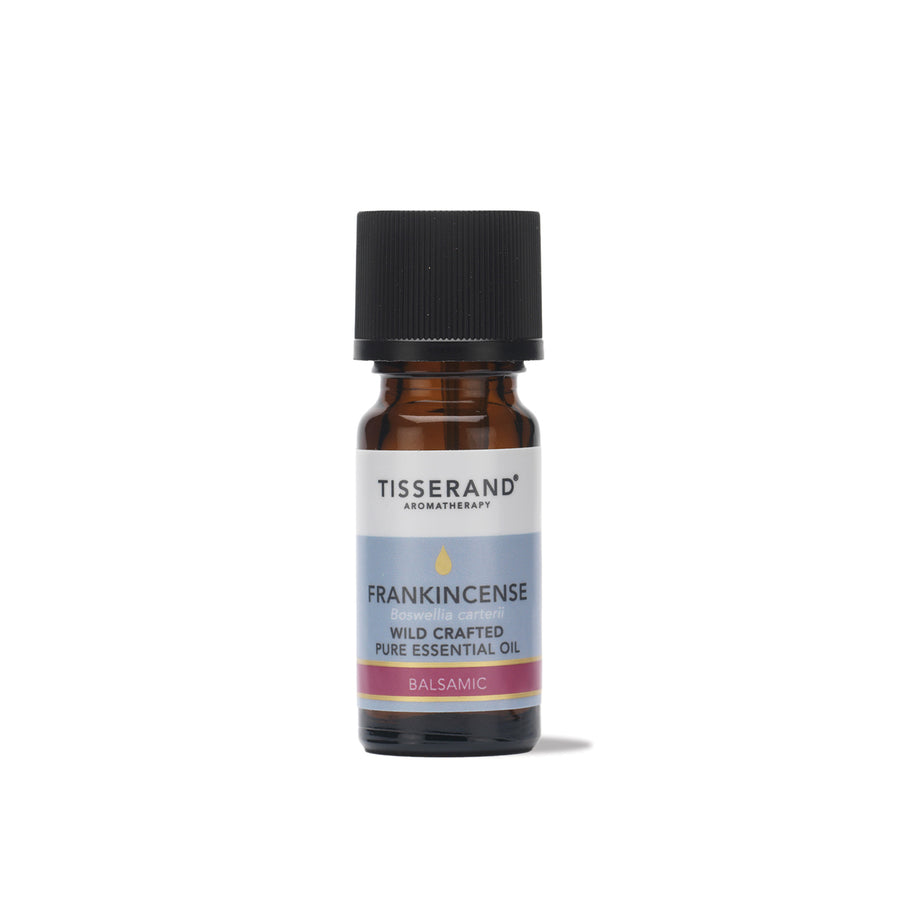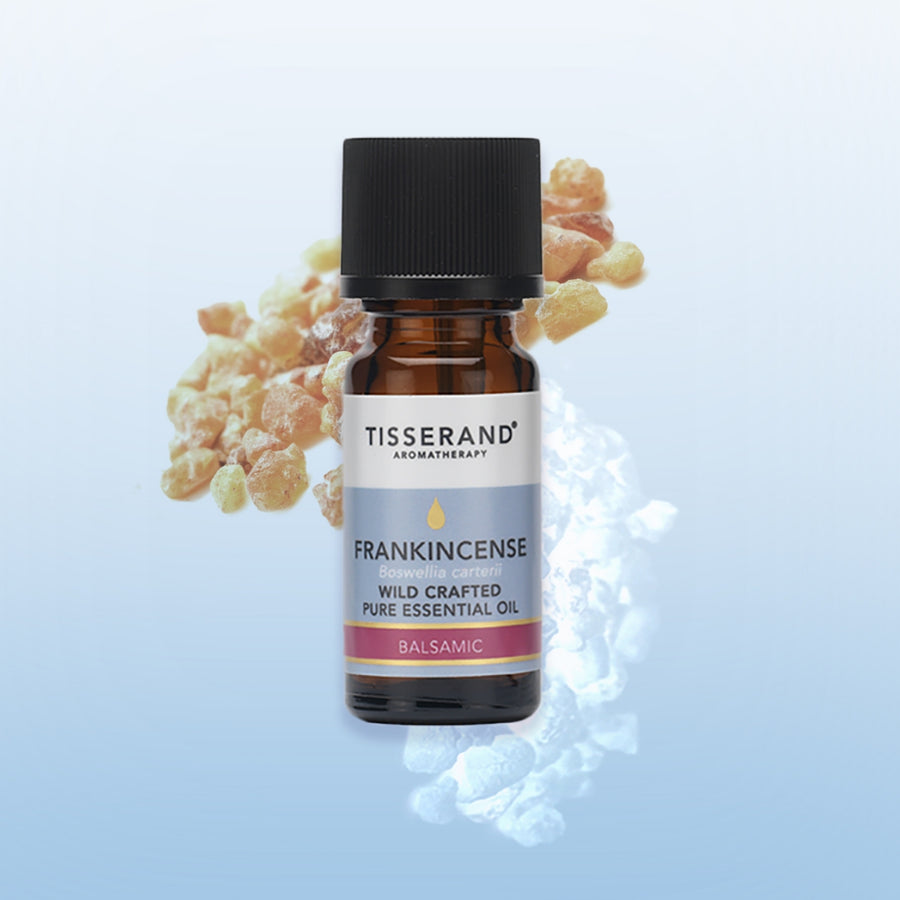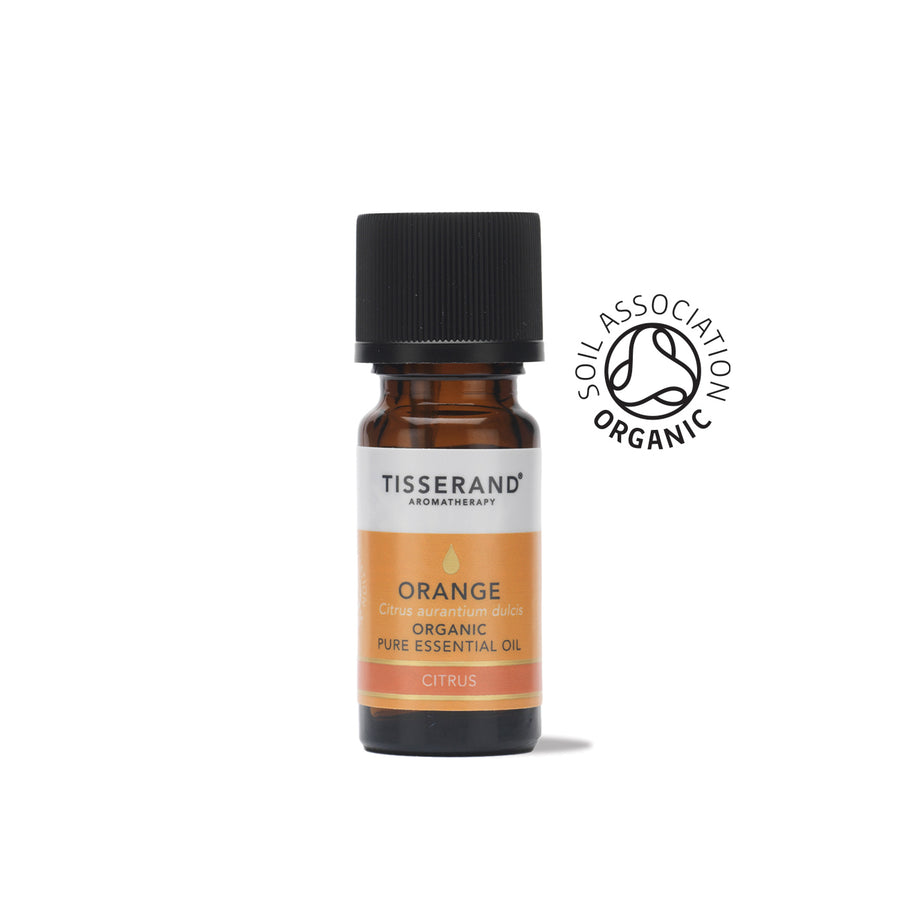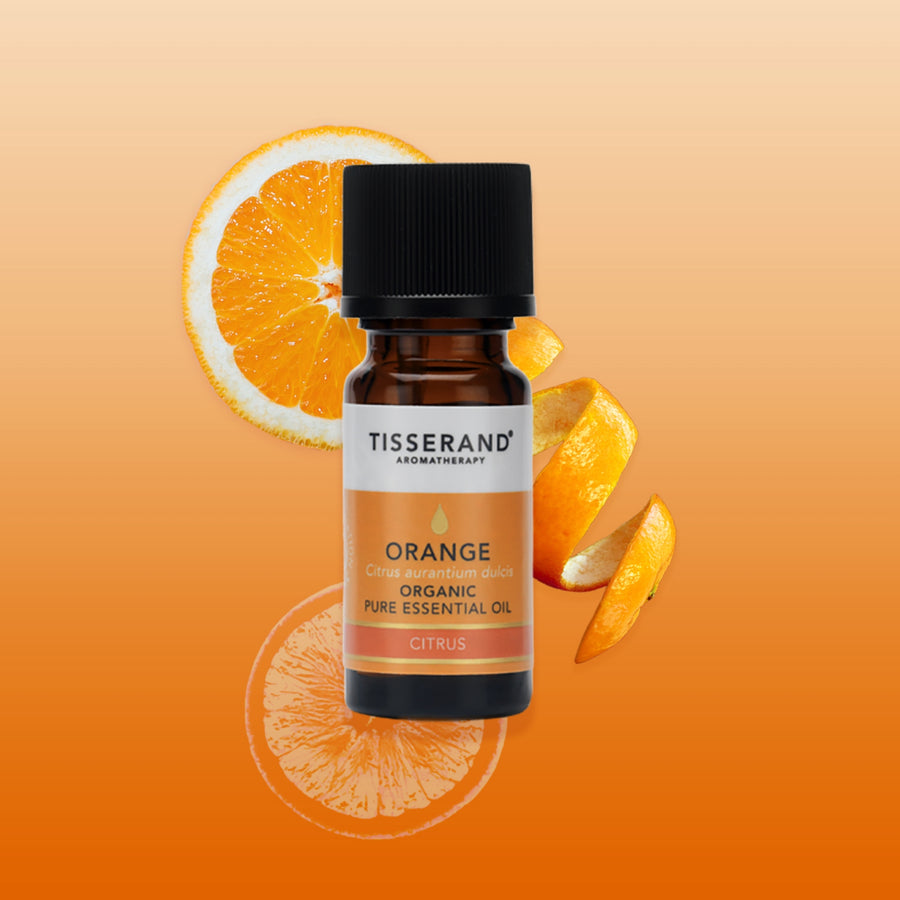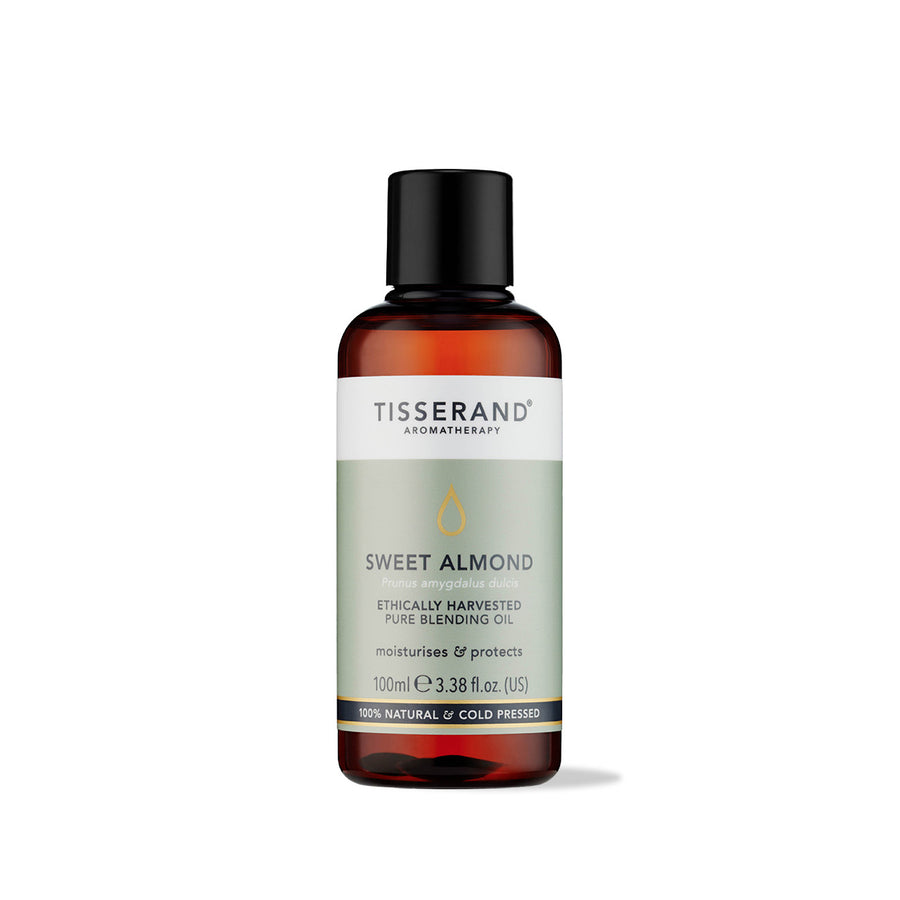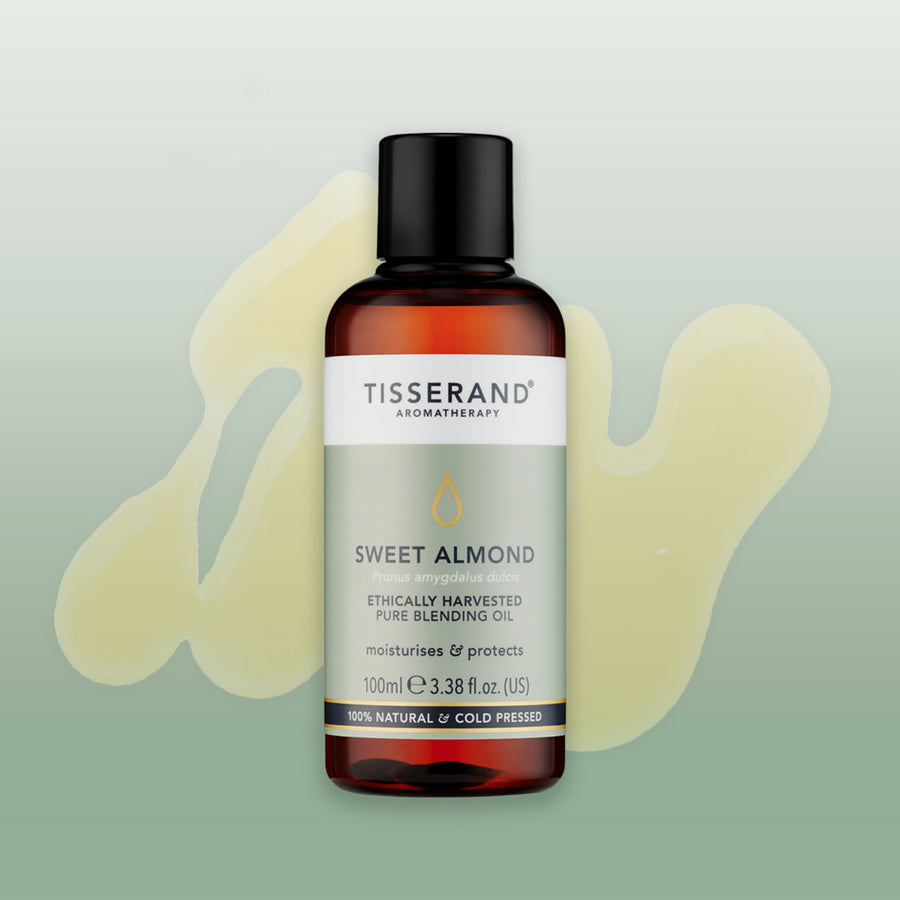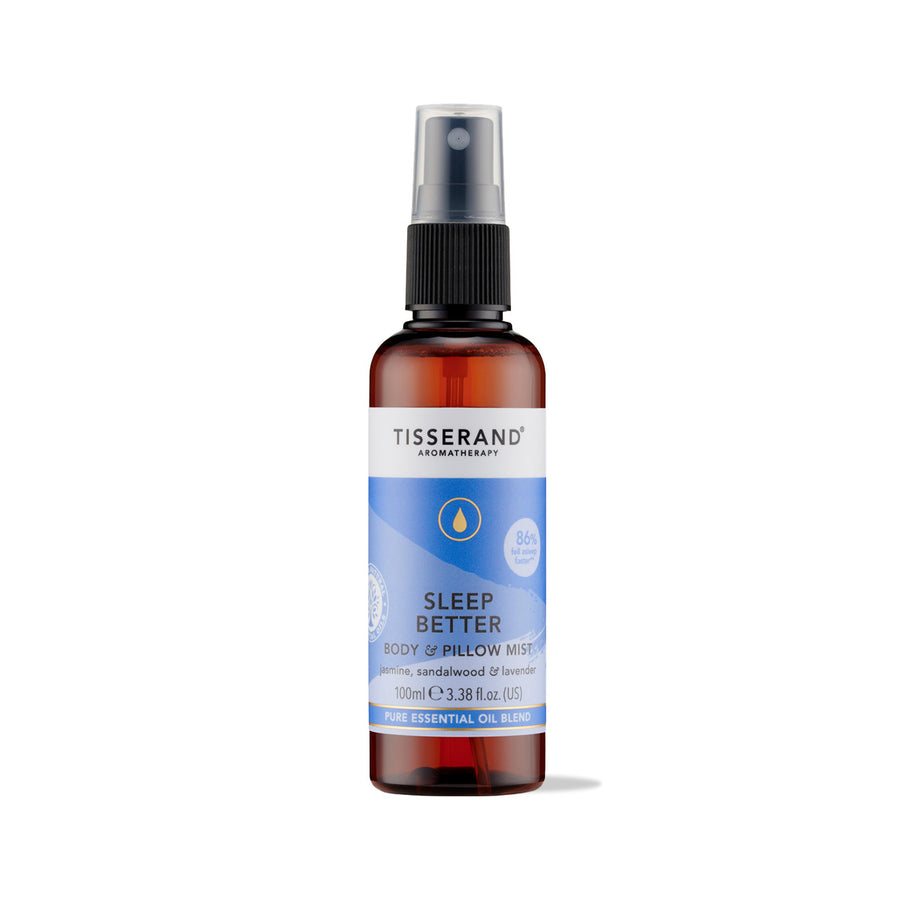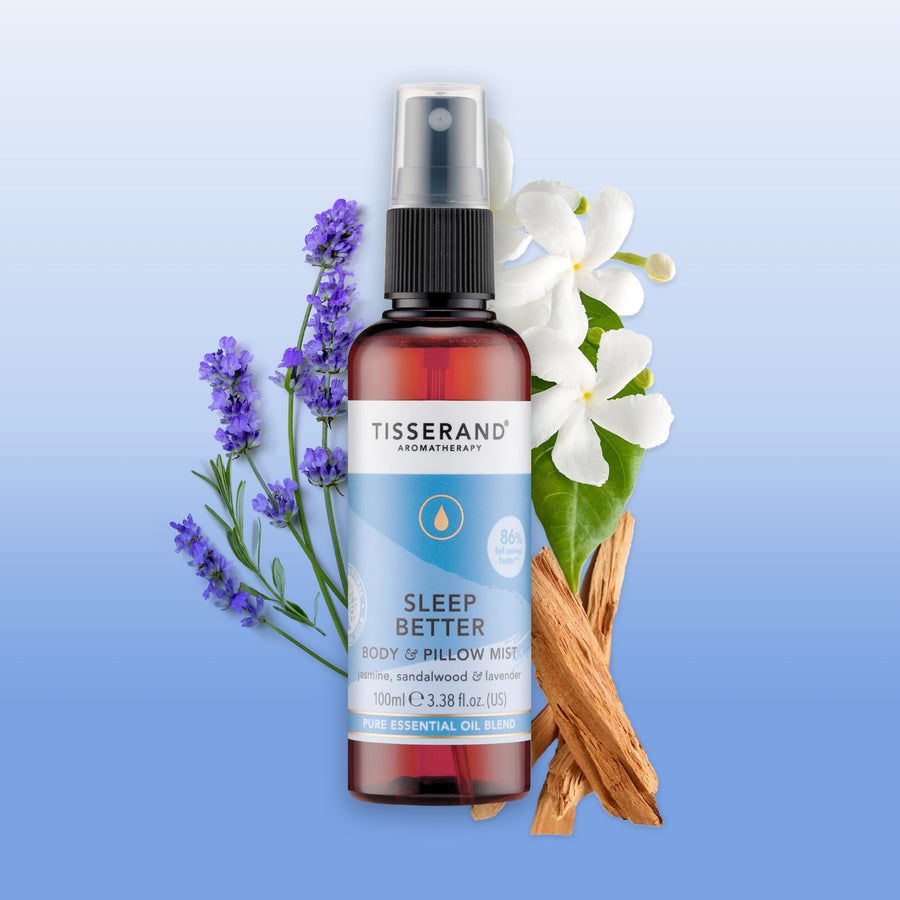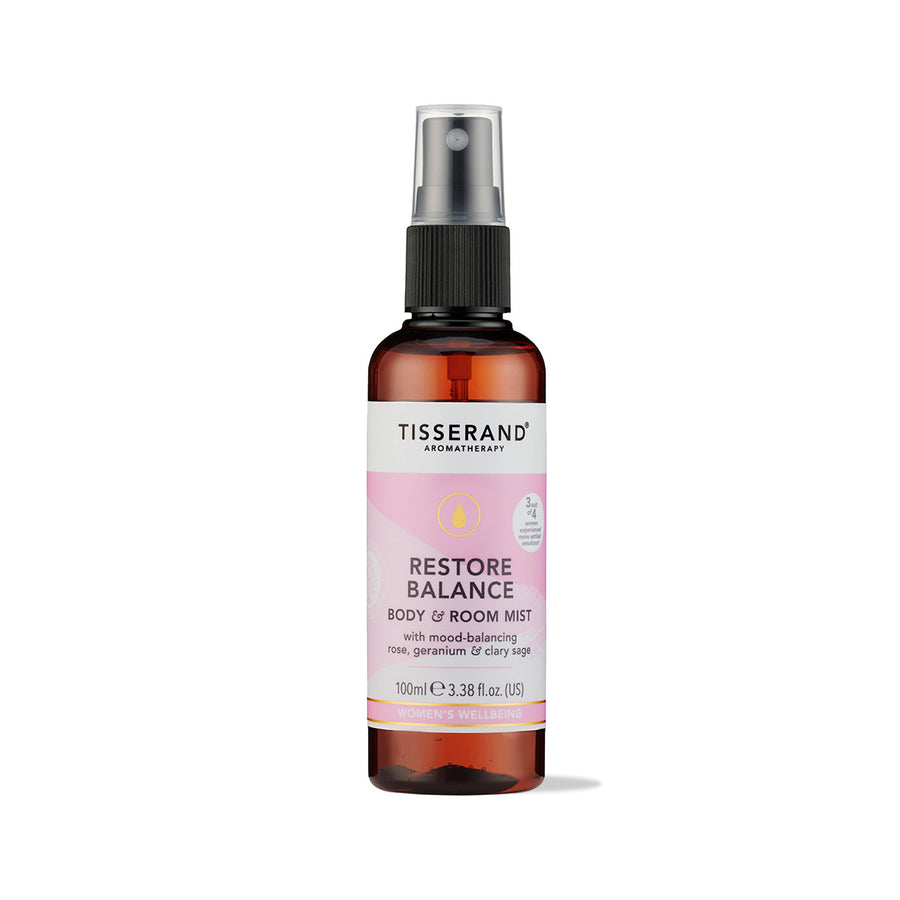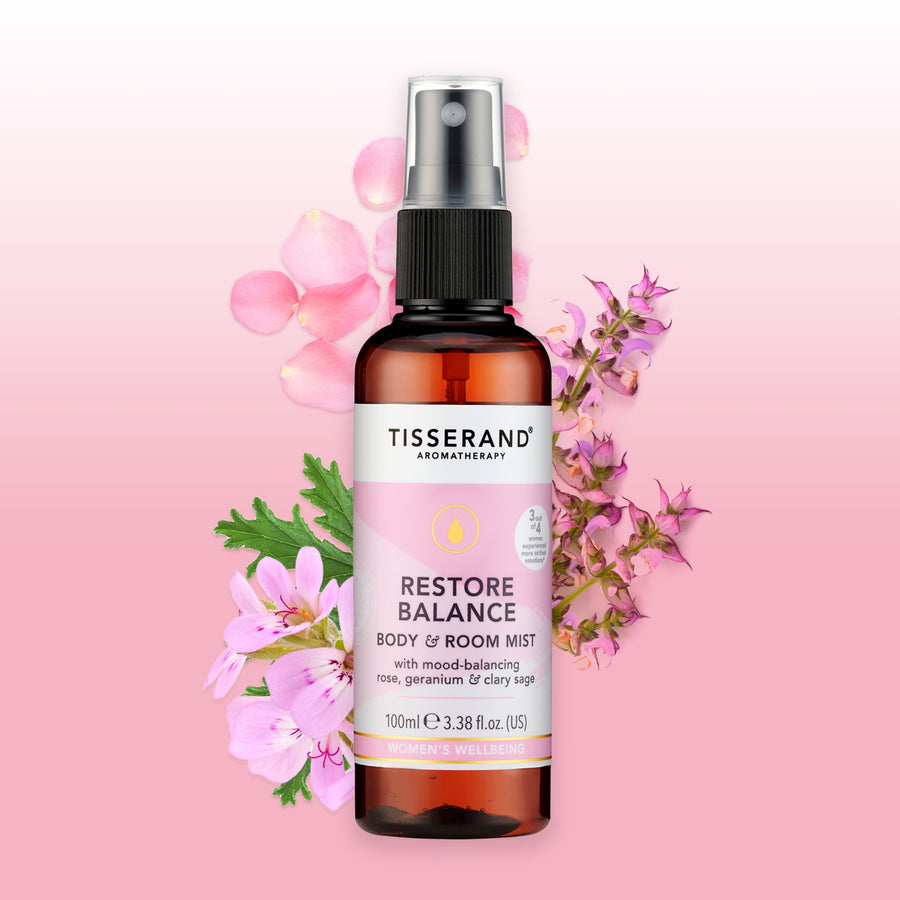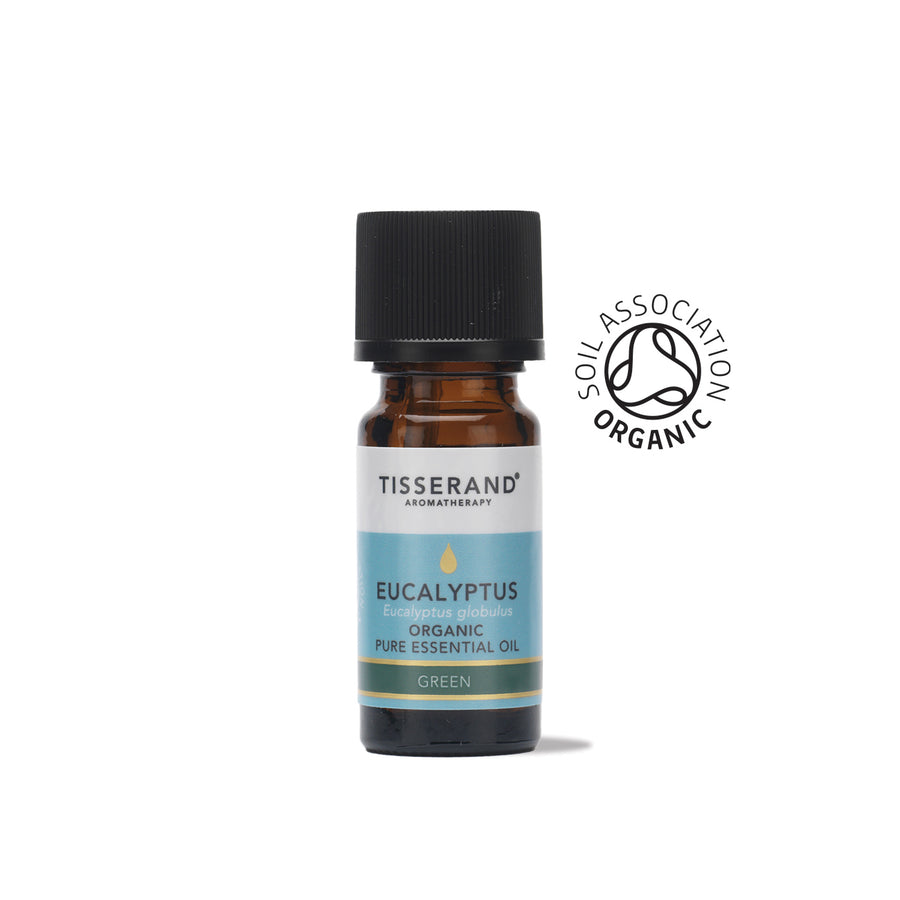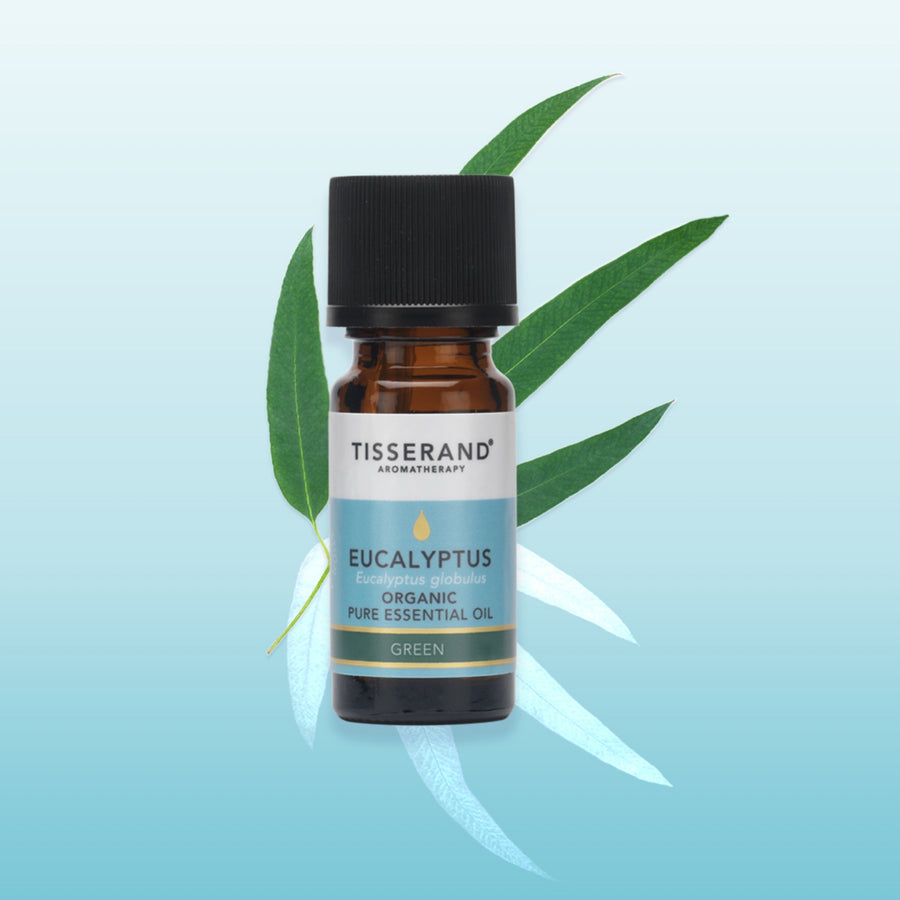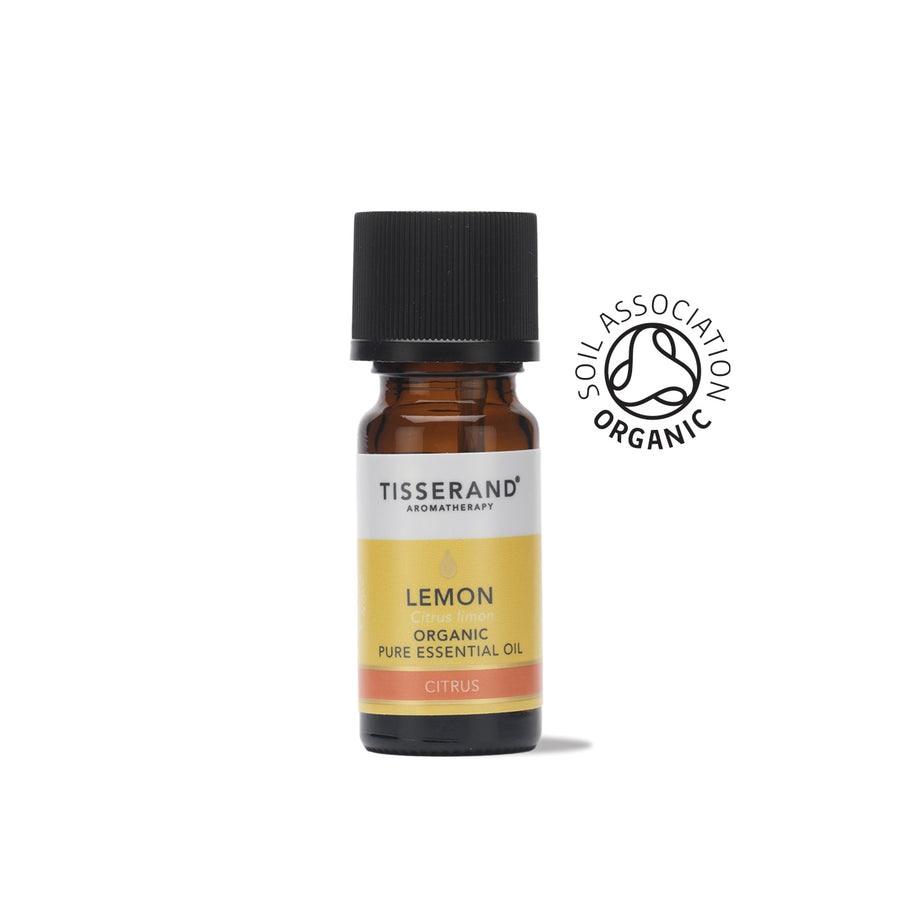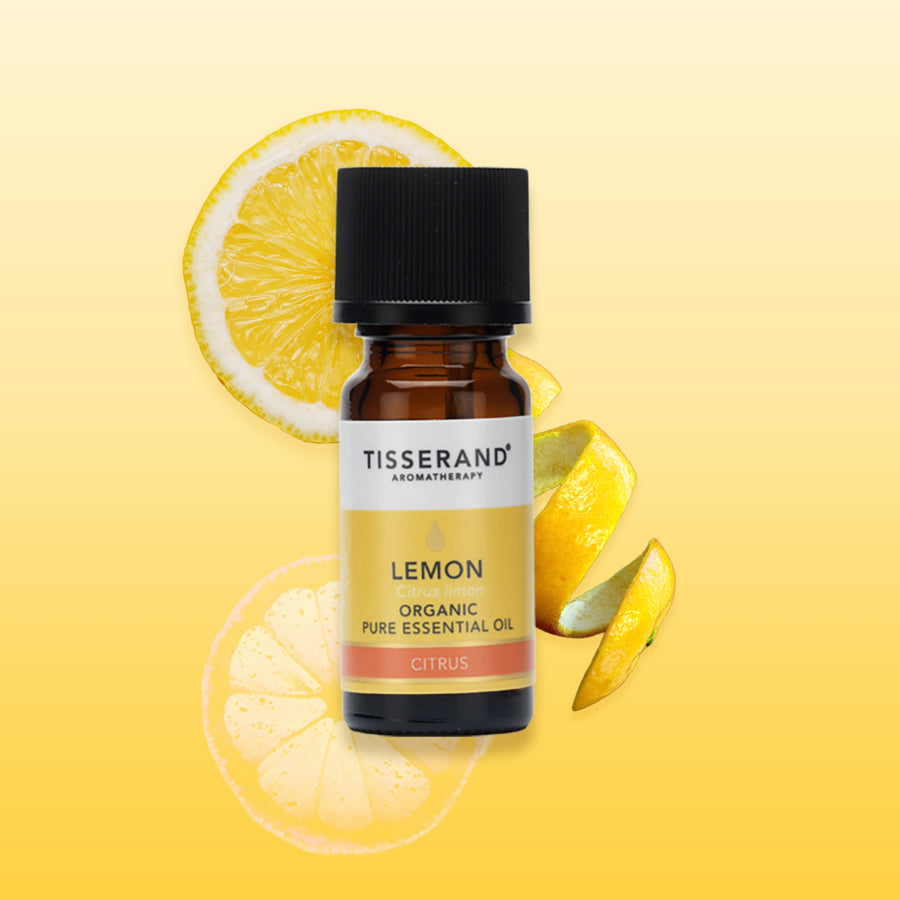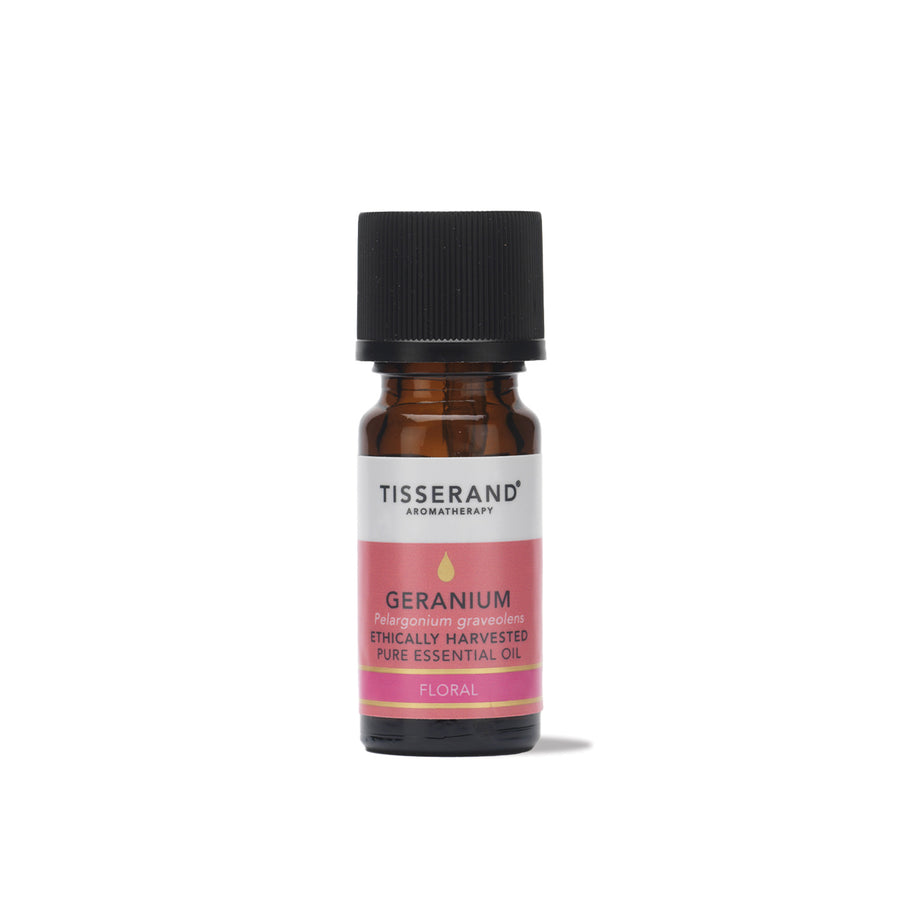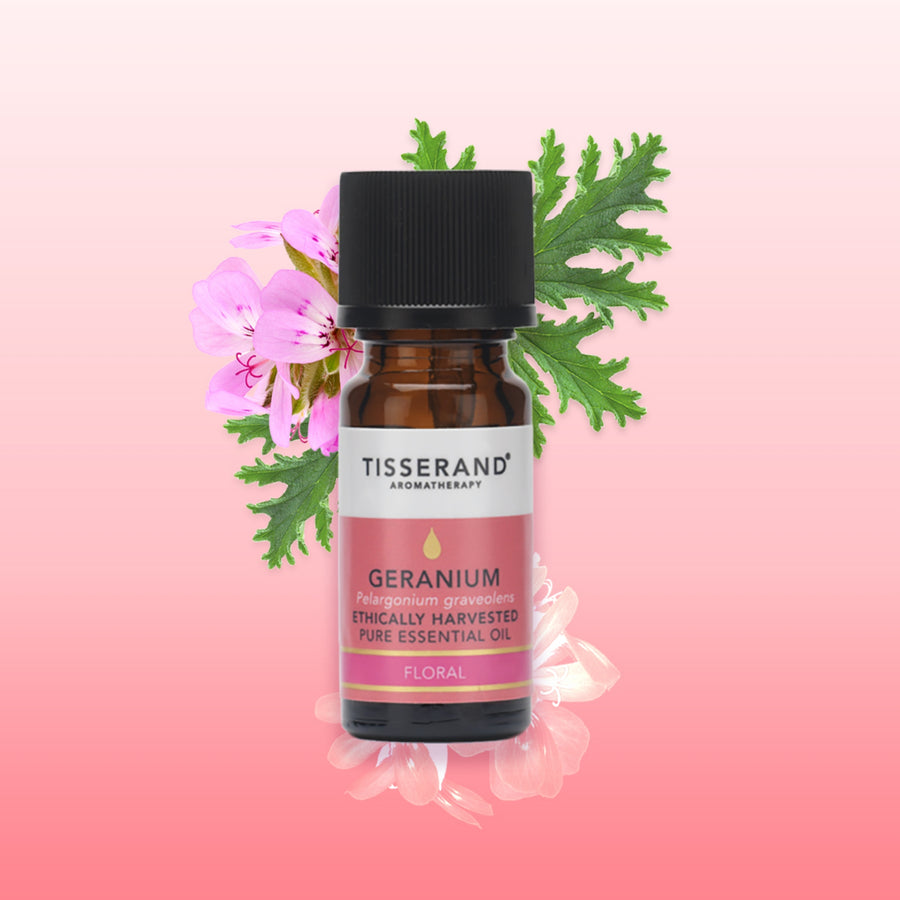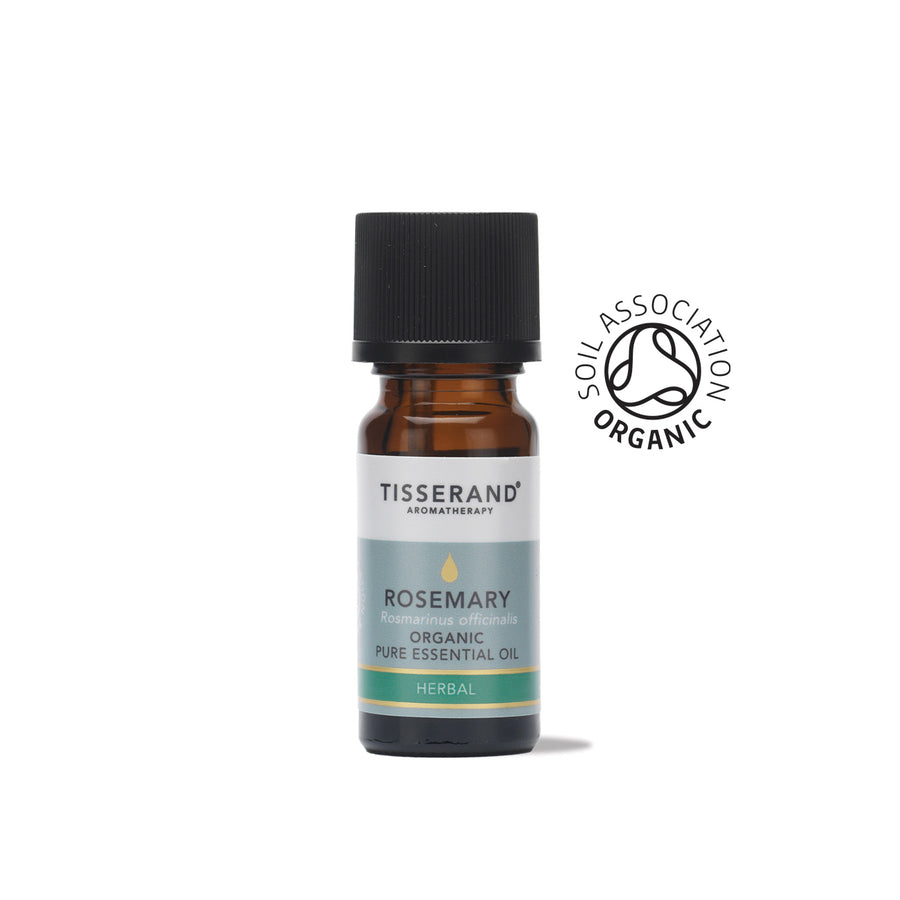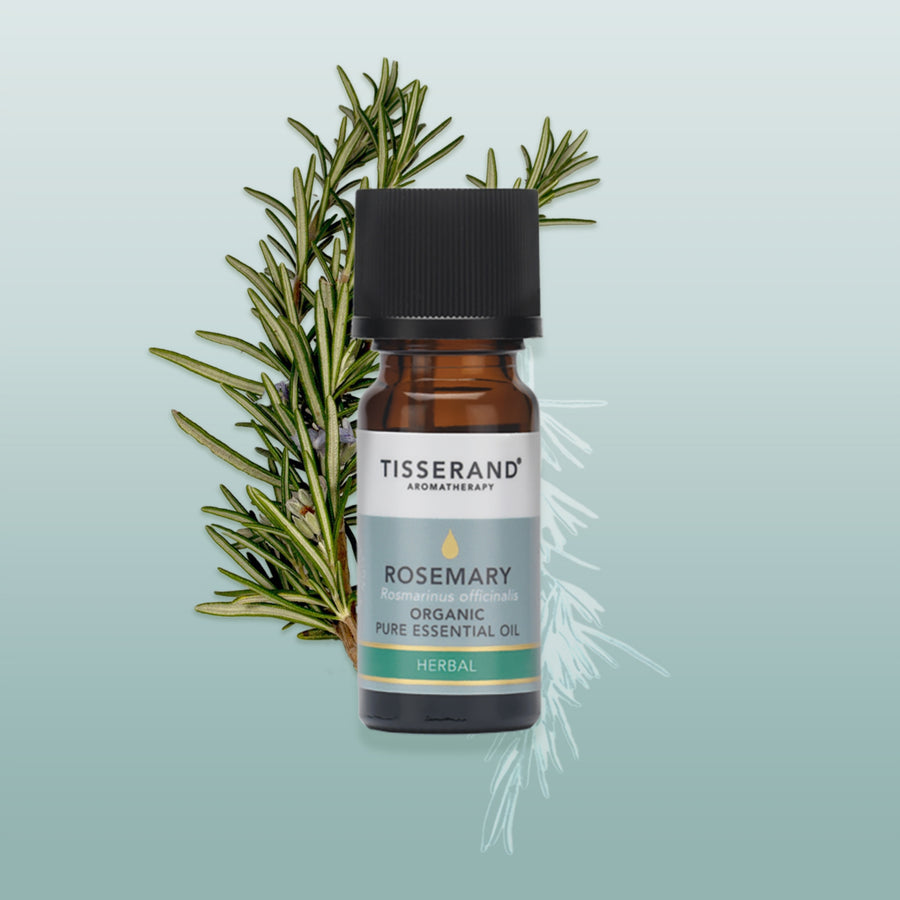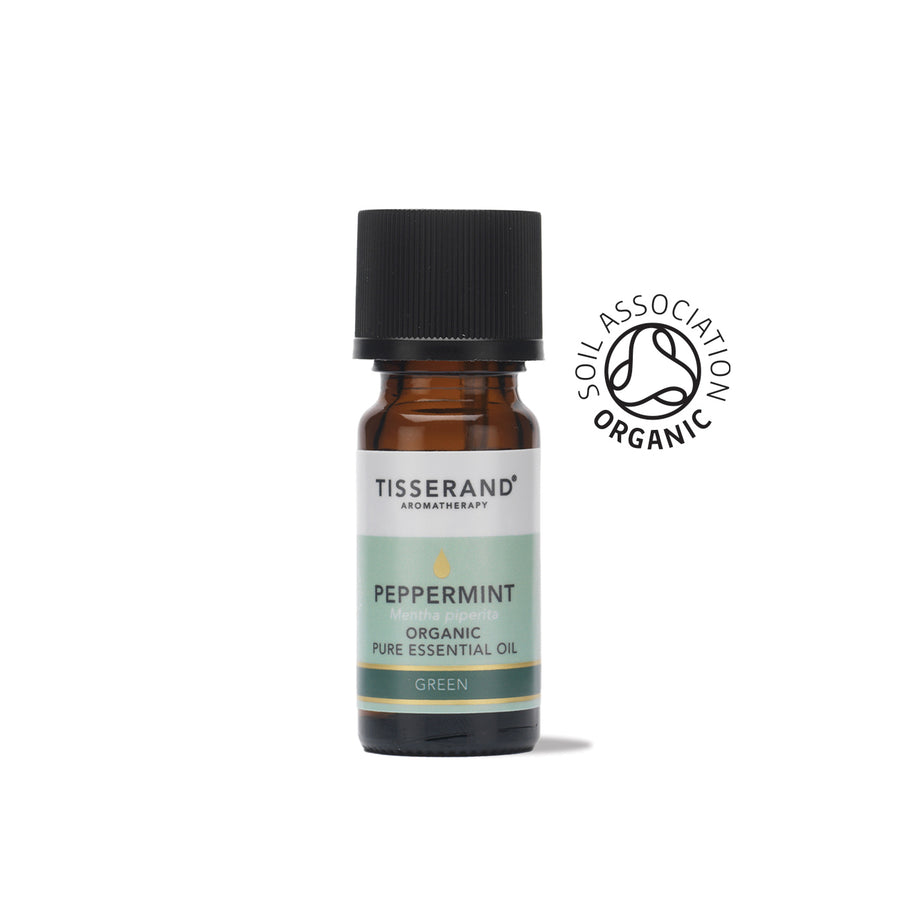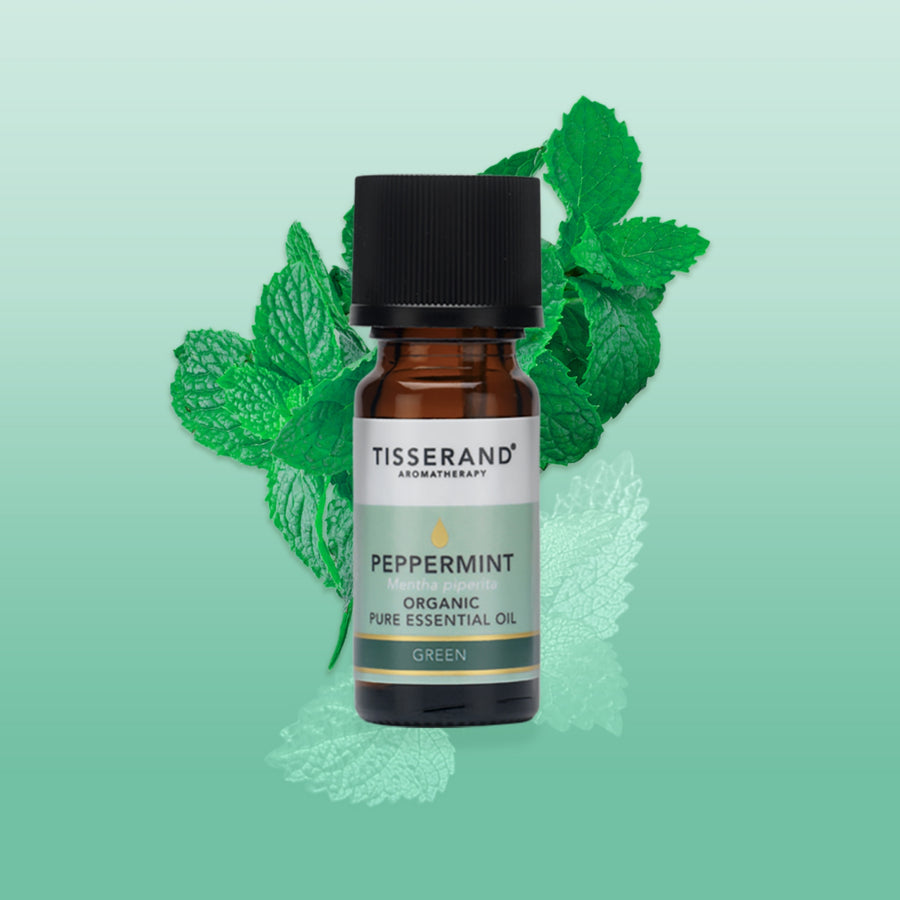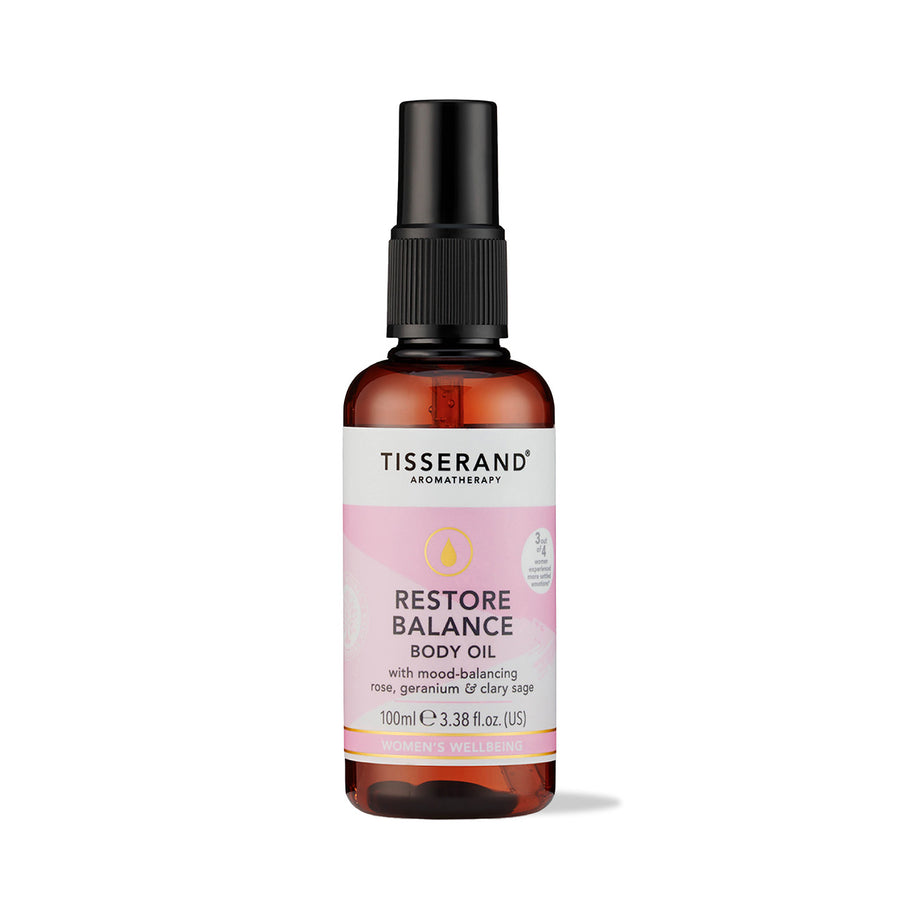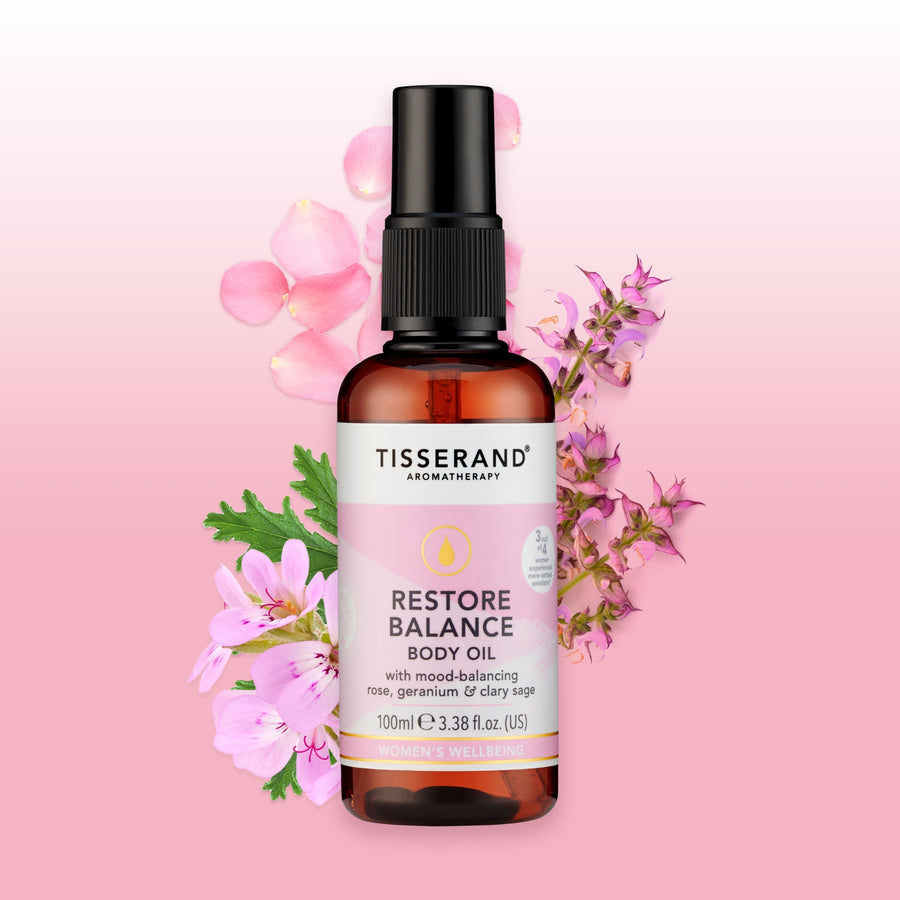Home > All Blog Articles > Brain Chemicals You Need to Know So You Can Boost Your Happiness
Brain Chemicals You Need to Know So You Can Boost Your Happiness

There’s no denying the world is heavy at the moment, and you may feel like the pursuit of happiness is a near-impossible quest. Instead of focusing on external factors, why not travel inward instead, and see if you can create your own little slice of sunshine from the chemicals in your brain?
There are four key brain chemicals that play a crucial role in your overall happiness, and by learning how to boost them naturally, you should start to feel more in control of your mood.
First, we have the most obvious one, serotonin, the feel-good hormone that plays a vital role in mood regulation. Next, we have dopamine, associated with pleasure and reward, that motivates us to achieve our goals. Then there’s oxytocin, the love hormone that makes you go all gooey and heart-eyed, and finally endorphins, which give you a sense of euphoria.
From exercise to acts of kindness, there are countless ways to naturally boost these brain chemicals and cultivate a happier state of being. Zone out from the external world for a moment, and dive into the world of your brain!
Serotonin is often called the ‘happiness hormone’ or ‘feel good chemical’, but really, its job is to balance your mood over time and create a sense of calm and contentment.
This hormone plays a role in appetite, sleep, and social behaviour, which is why low levels of serotonin can have serious consequences for your mental health and quality of life. To increase serotonin levels naturally, focus on activities that promote relaxation and reduce stress.
Like the gold stars you got at school, dopamine is the brain chemical associated with pleasure and reward.
It's released when you experience something that feels, or you achieve a goal, and it motivates you to seek out more of that same feeling (hence, why it’s also associated with addiction).
To get hooked on the right kind of dopamine, focus on activities that bring pleasure or a sense of achievement.
Can you feeeel the love tonight?
That’ll be oxytocin, the lovey-dovey hormone that plays a crucial role in forming bonds with others.
It’s released during physical touch, such as hugging, holding hands, and, of course, sexual activity. It’s also the hormone that bonds mothers and babies during birth and breastfeeding.
To cultivate oxytocin naturally, focus on activities that promote connection and touch.
Endorphins are released during exercise, times of stress, and when you’re in pain. As well as acting like ‘natural morphine’ for the body, they bust stress and create a sense of euphoria.
In other words, whatever is going on with you, endorphins are there to make you feel more comfortable.
To release endorphins naturally, focus on activities that promote physical exertion. This could be exercise, going outside of your comfort zone, laughing with friends, and even having a good old hearty cry.
Try these tips for targeting specific brain chemicals for happiness, and let us know in the comments which ones work for you.
There are four key brain chemicals that play a crucial role in your overall happiness, and by learning how to boost them naturally, you should start to feel more in control of your mood.
First, we have the most obvious one, serotonin, the feel-good hormone that plays a vital role in mood regulation. Next, we have dopamine, associated with pleasure and reward, that motivates us to achieve our goals. Then there’s oxytocin, the love hormone that makes you go all gooey and heart-eyed, and finally endorphins, which give you a sense of euphoria.
From exercise to acts of kindness, there are countless ways to naturally boost these brain chemicals and cultivate a happier state of being. Zone out from the external world for a moment, and dive into the world of your brain!
4 Happy brain chemicals and how to boost them
Serotonin ~ for mood stability
Serotonin is often called the ‘happiness hormone’ or ‘feel good chemical’, but really, its job is to balance your mood over time and create a sense of calm and contentment.
This hormone plays a role in appetite, sleep, and social behaviour, which is why low levels of serotonin can have serious consequences for your mental health and quality of life. To increase serotonin levels naturally, focus on activities that promote relaxation and reduce stress.
How to get more serotonin:
- Eating foods rich in the amino acid tryptophan, such as turkey, eggs, nuts, seeds, and dark chocolate. A 2022 study published by Nutritional Neuroscience, found that eating a dietary supplement rich in tryptophan increased serotonin levels.
- Make gratitude journaling a daily practice to promote feelings of contentment.
- Build fun habits into your routine to de-stress and disconnect each day, such as dancing or singing to yourself.
Dopamine ~ for motivation
Like the gold stars you got at school, dopamine is the brain chemical associated with pleasure and reward.
It's released when you experience something that feels, or you achieve a goal, and it motivates you to seek out more of that same feeling (hence, why it’s also associated with addiction).
To get hooked on the right kind of dopamine, focus on activities that bring pleasure or a sense of achievement.
How to get more dopamine:
- Set small achievable goals each day to bring a sense of reward
- Listen to music you enjoy (research has found it can increase dopamine levels by up to 9%)
- Try ‘Dopamine dressing’, a recent trend that involves dressing in fun and colourful clothes that bring you pleasure (note: there’s yet to be scientific research on its effects).
Oxytocin ~ for love
Can you feeeel the love tonight?
That’ll be oxytocin, the lovey-dovey hormone that plays a crucial role in forming bonds with others.
It’s released during physical touch, such as hugging, holding hands, and, of course, sexual activity. It’s also the hormone that bonds mothers and babies during birth and breastfeeding.
To cultivate oxytocin naturally, focus on activities that promote connection and touch.
How to get more oxytocin:
- Spend time with loved ones, especially in person
- Prioritise physical touch, whether that’s a hug, kiss, cuddling, sexual activity
- Stroke or snuggle with a pet - oxytocin isn’t limited to human connection!
- Commit to one small act of kindness each day, to bring a sense of connection and trust
Endorphins ~ for comfort
Endorphins are released during exercise, times of stress, and when you’re in pain. As well as acting like ‘natural morphine’ for the body, they bust stress and create a sense of euphoria.
In other words, whatever is going on with you, endorphins are there to make you feel more comfortable.
To release endorphins naturally, focus on activities that promote physical exertion. This could be exercise, going outside of your comfort zone, laughing with friends, and even having a good old hearty cry.
How to get more endorphins:
- Commit to 30 minutes of exercise each day (this has been found to boost serotonin, , dopamine, AND endorphins!)
- Go outside your comfort zone, and sign up for an open mic night or a fitness challenge
- Hang out with your funniest friend and enjoy spending the day laughing together
Try these tips for targeting specific brain chemicals for happiness, and let us know in the comments which ones work for you.






